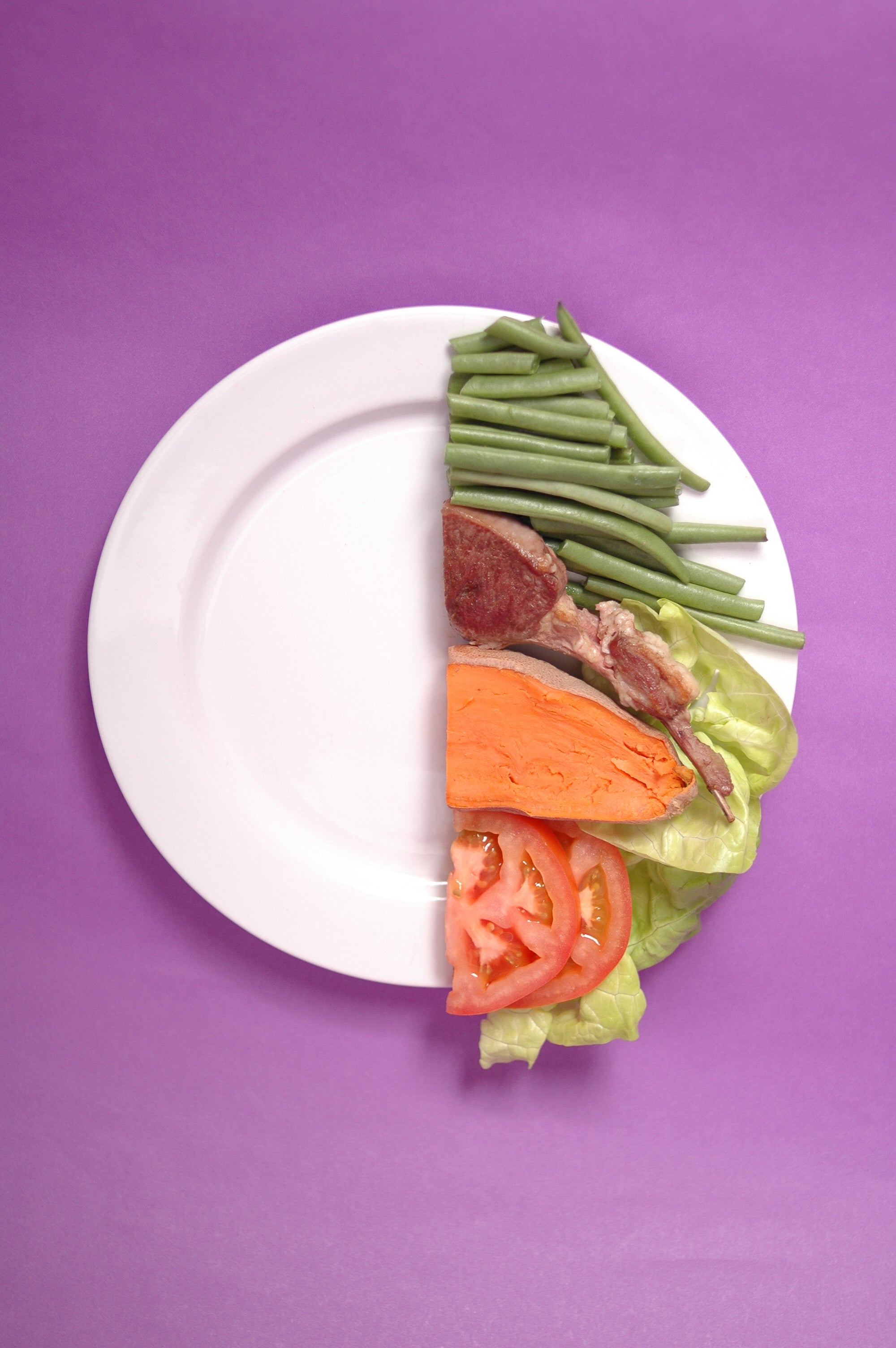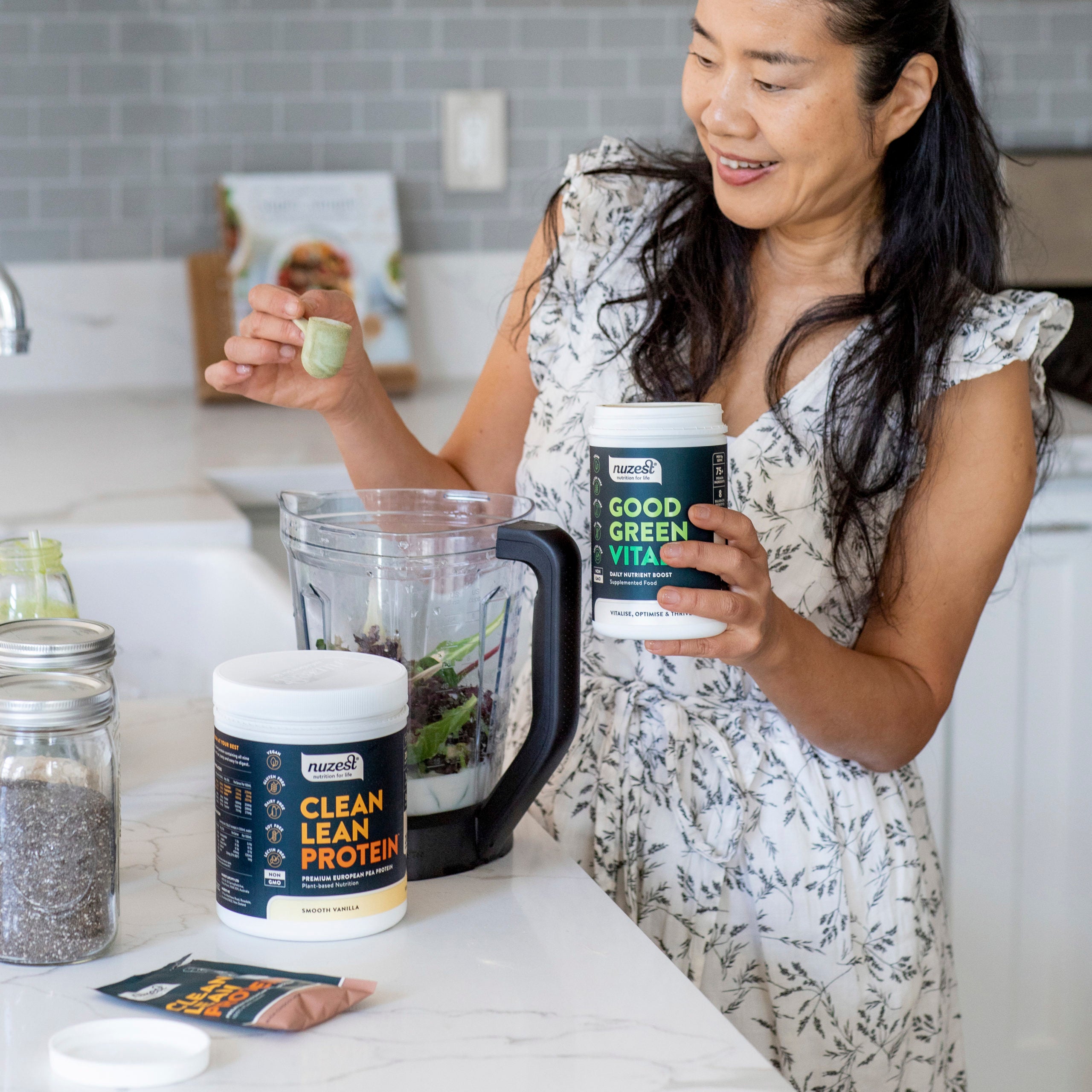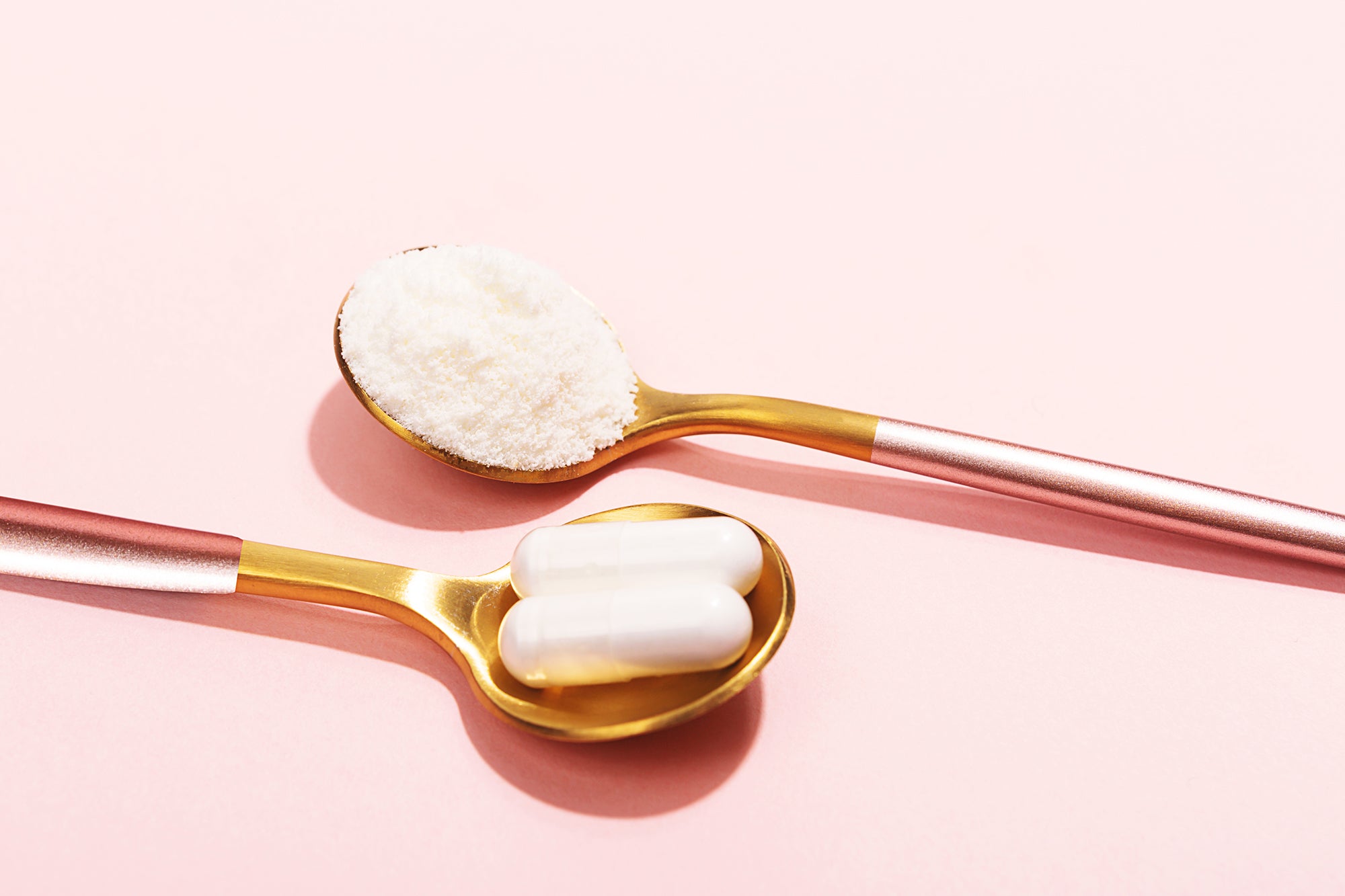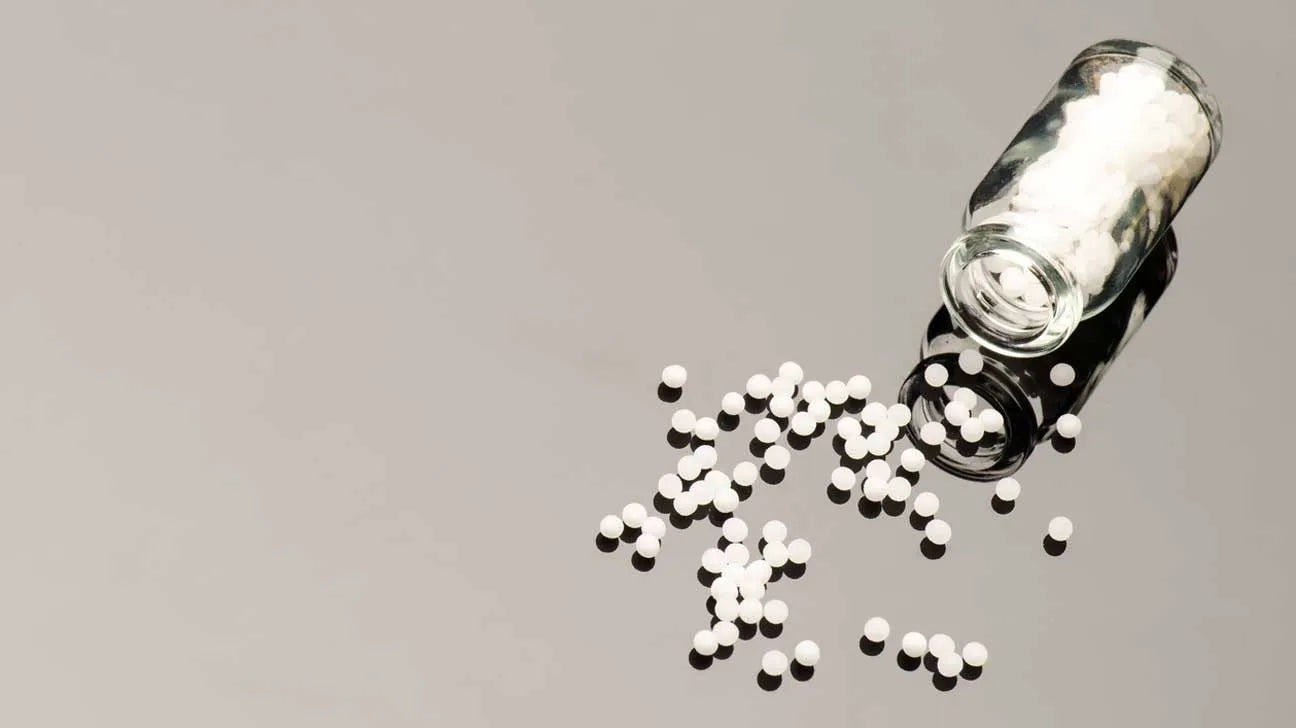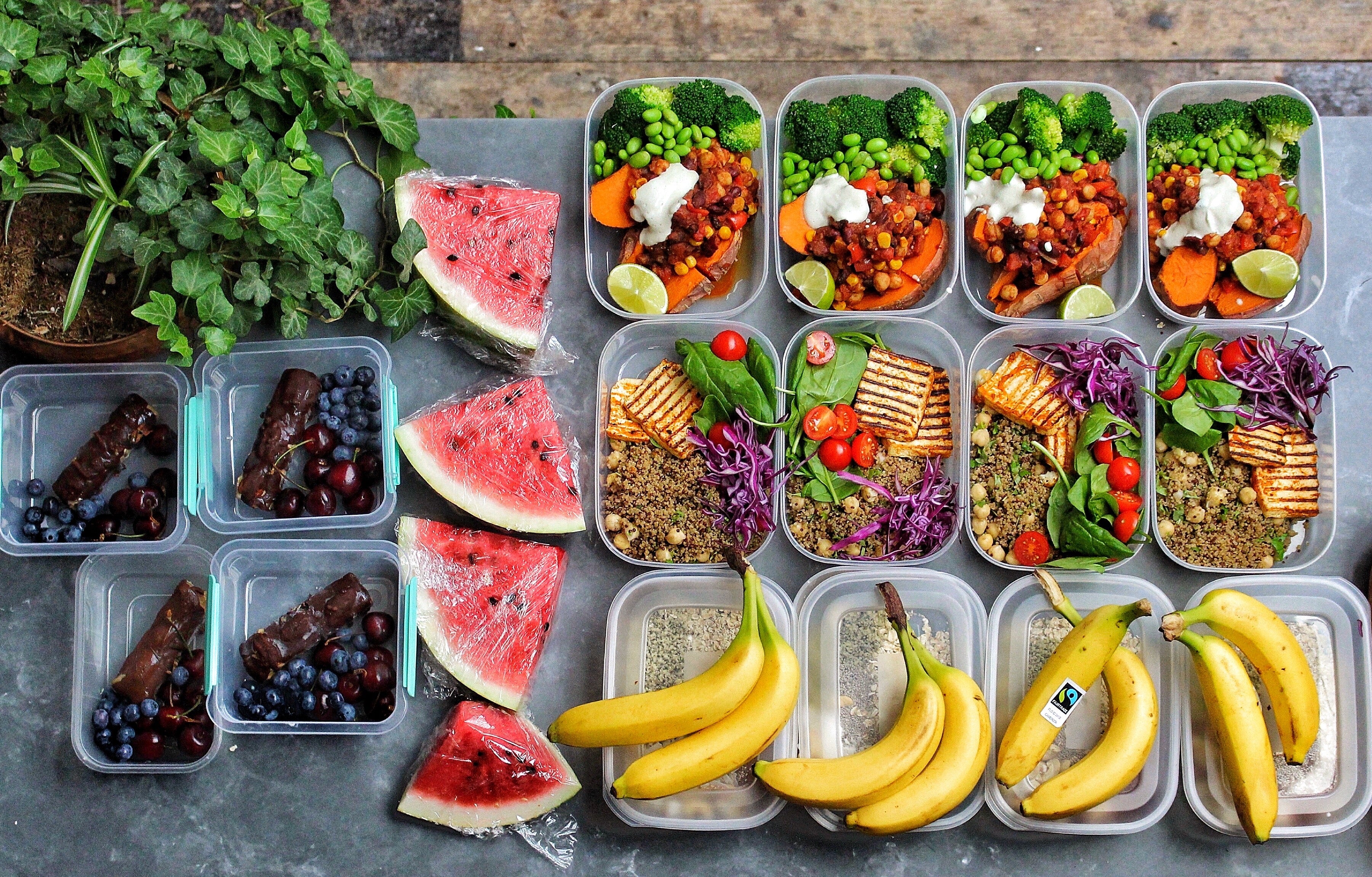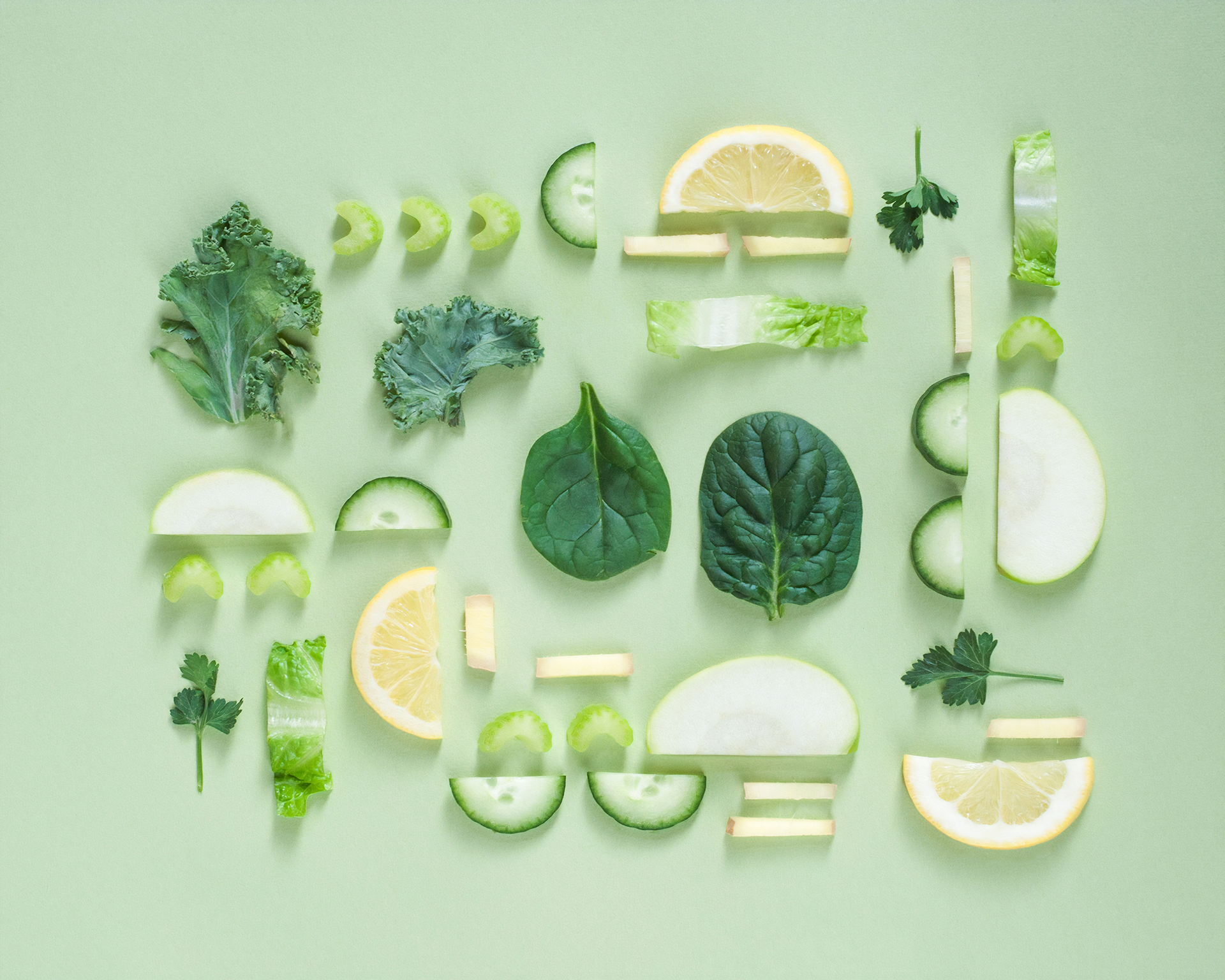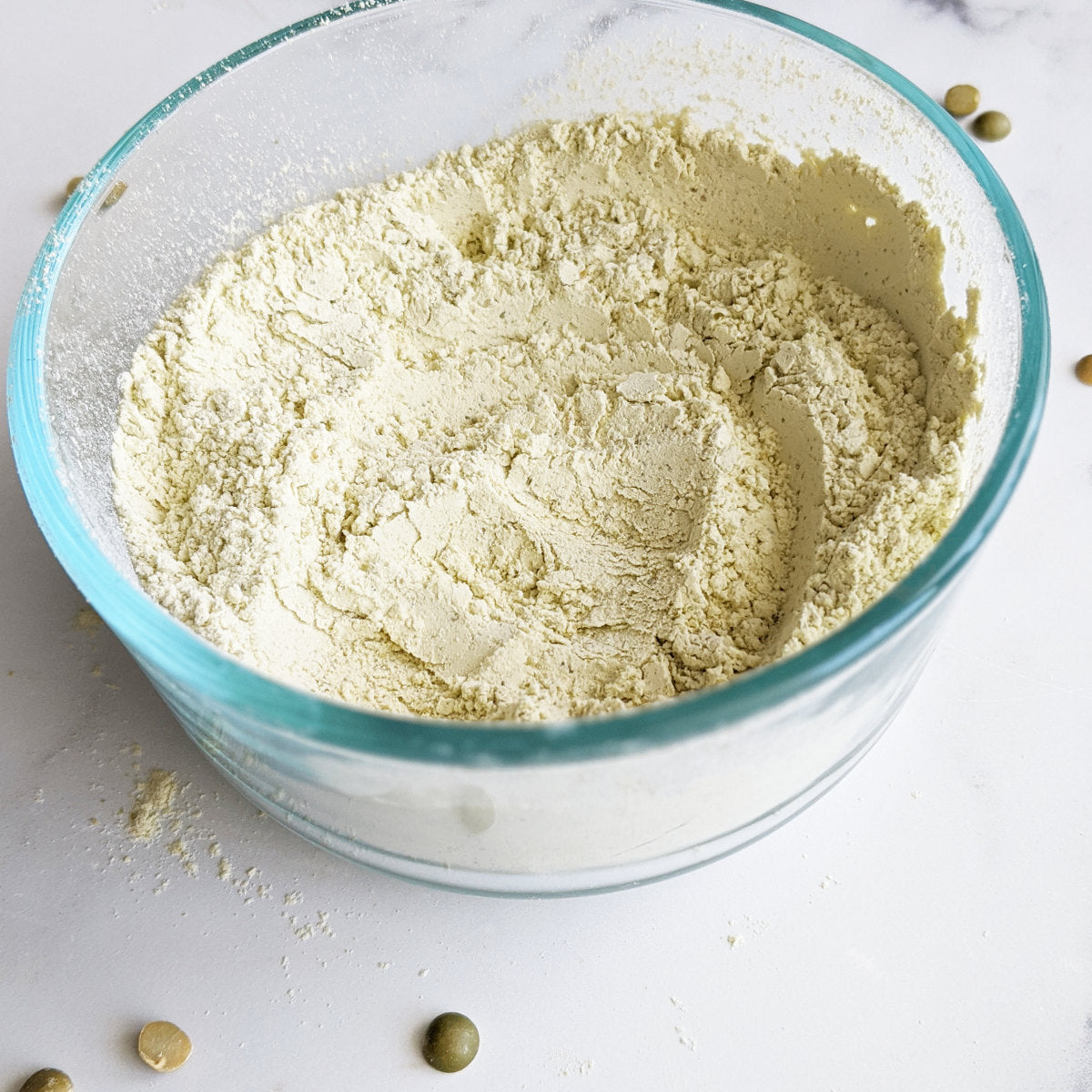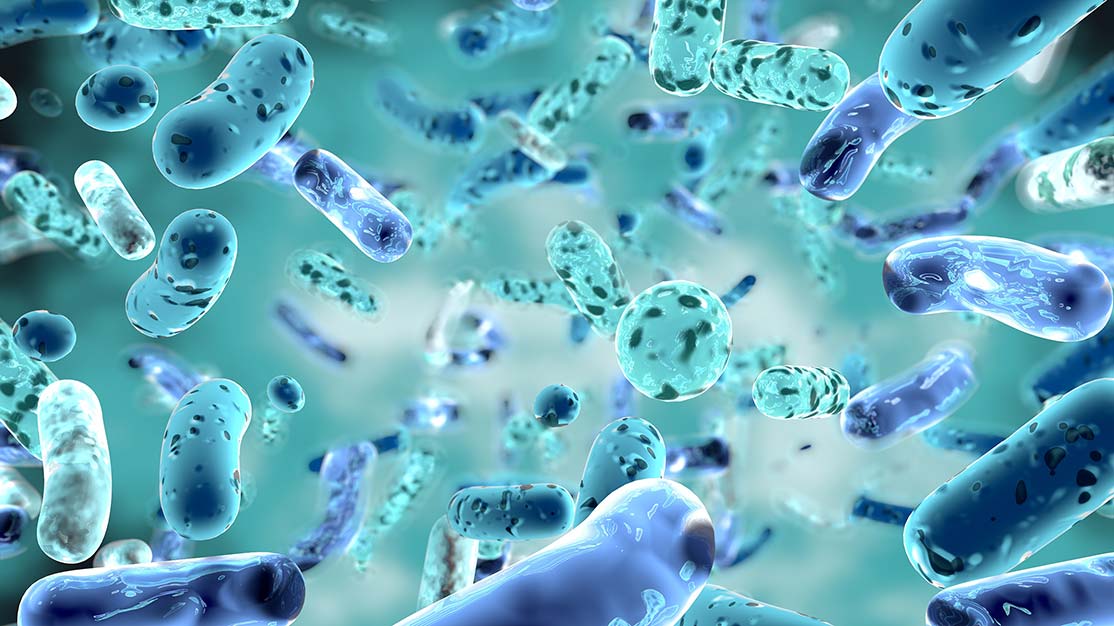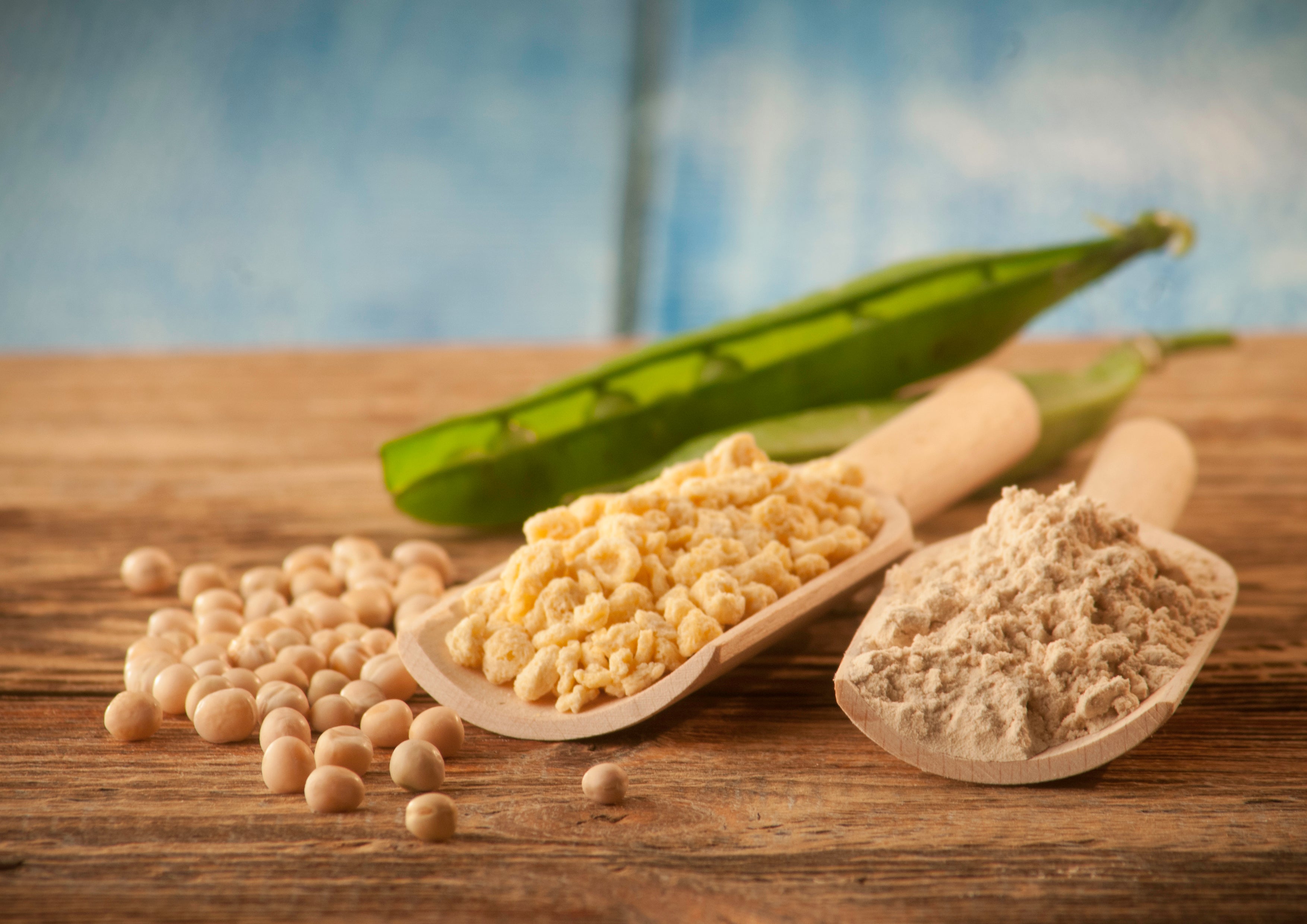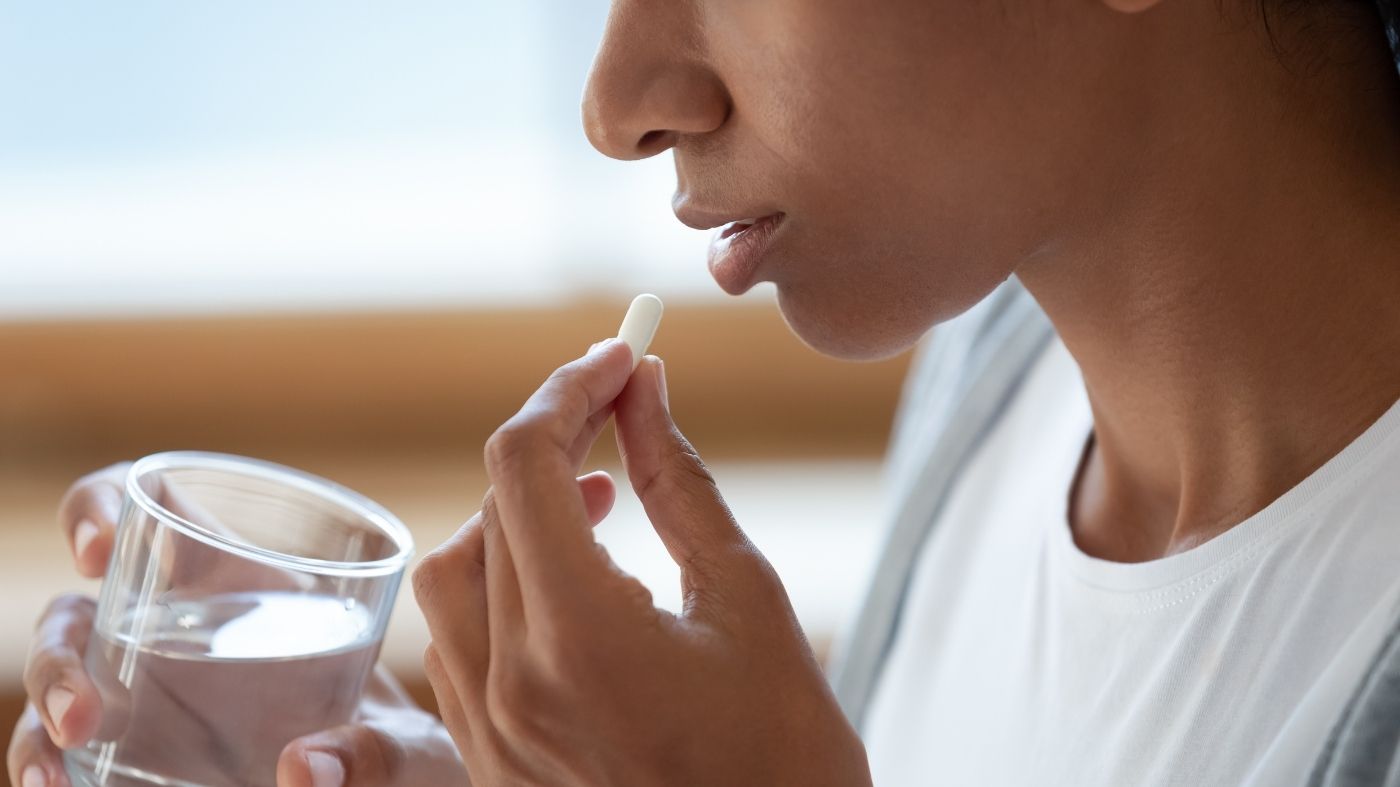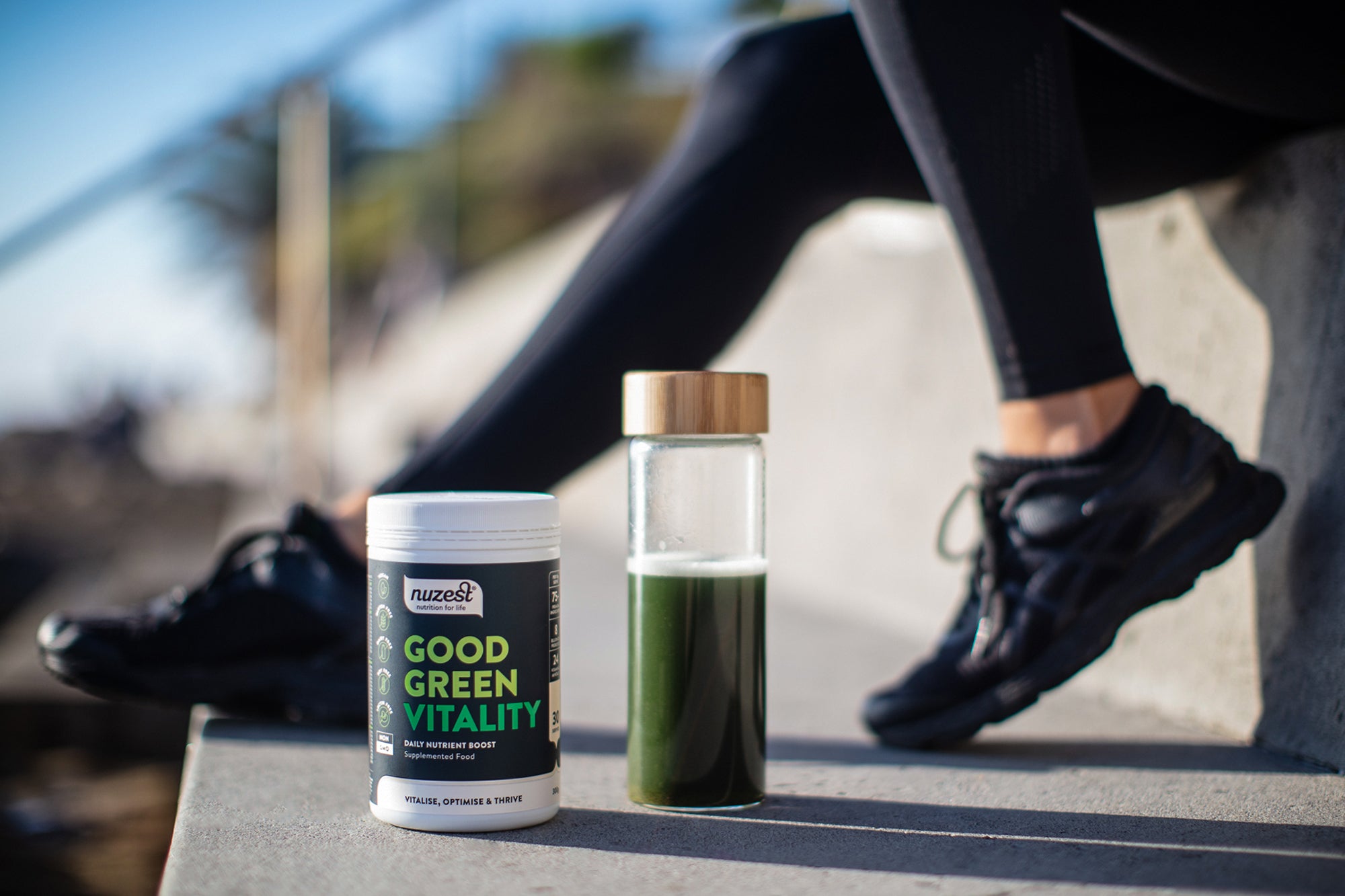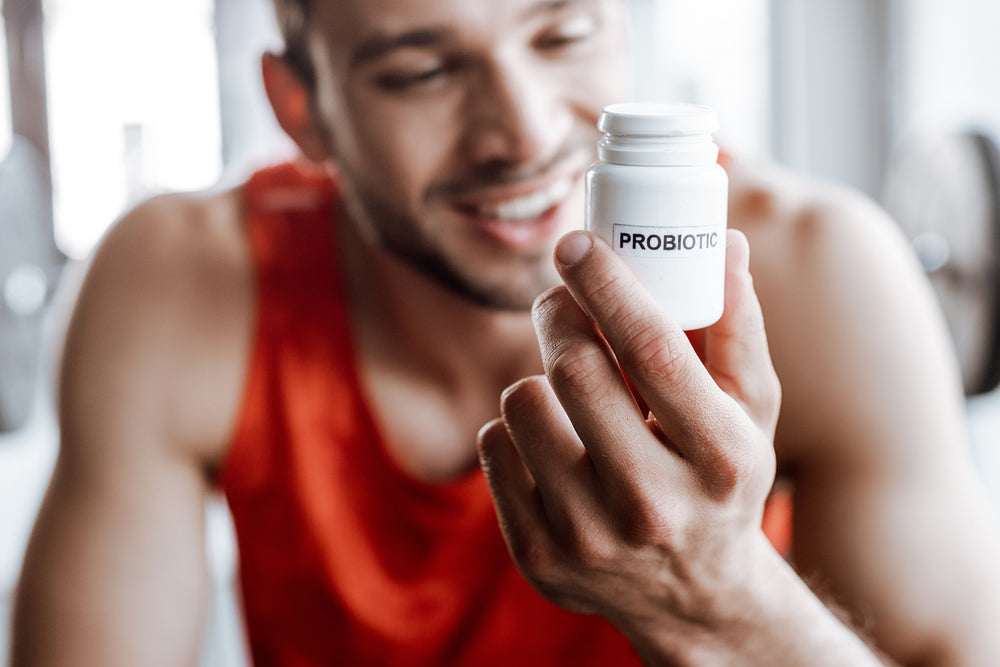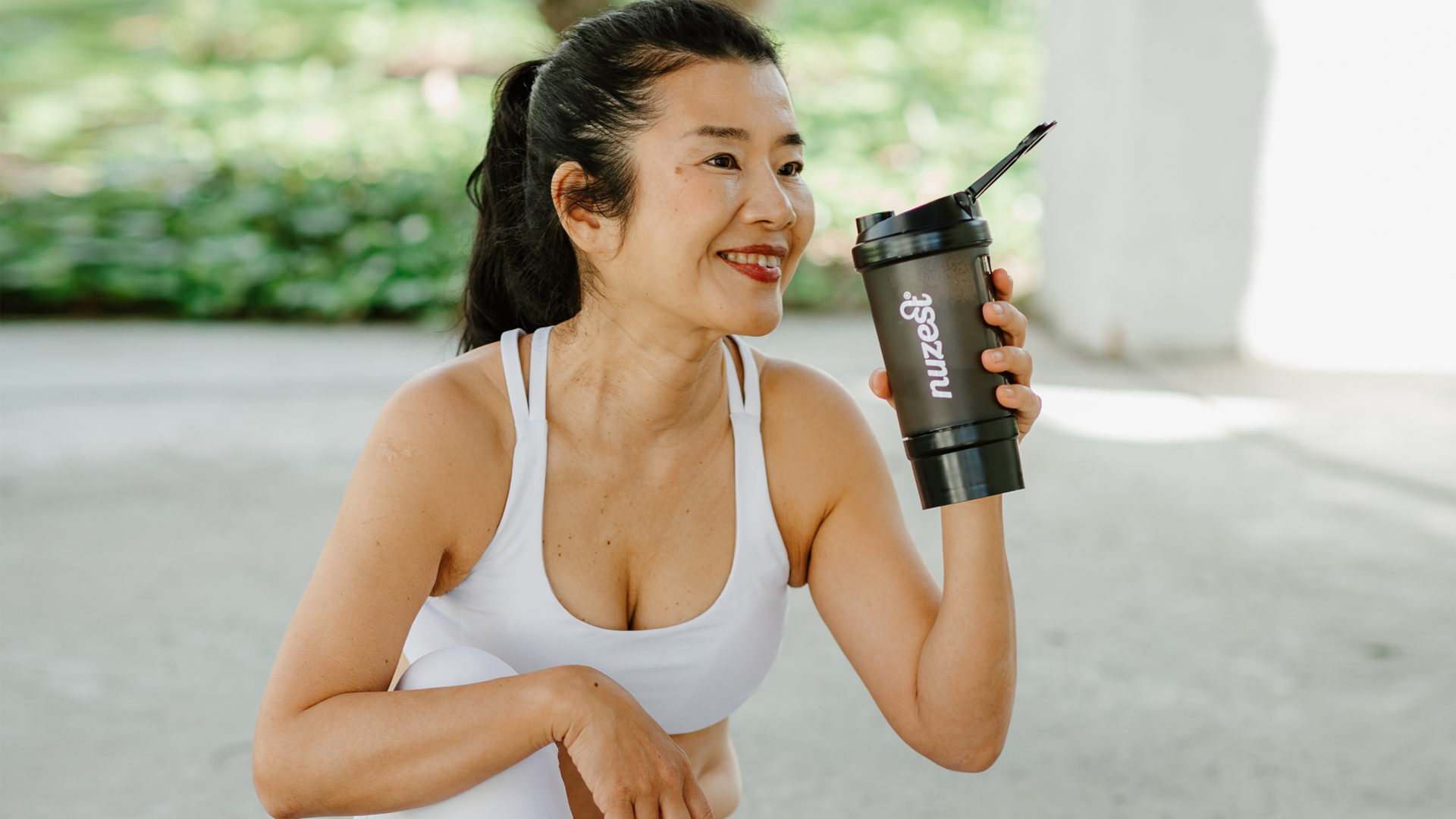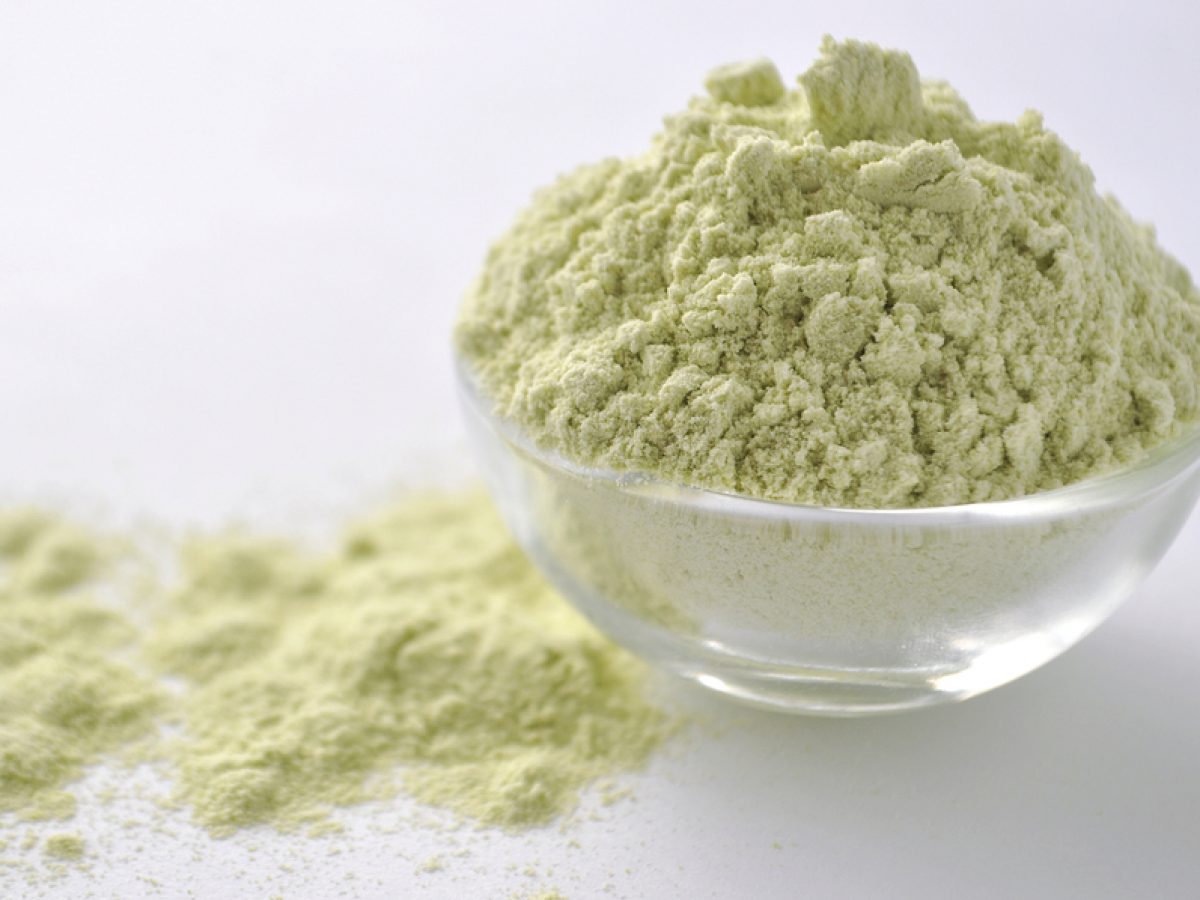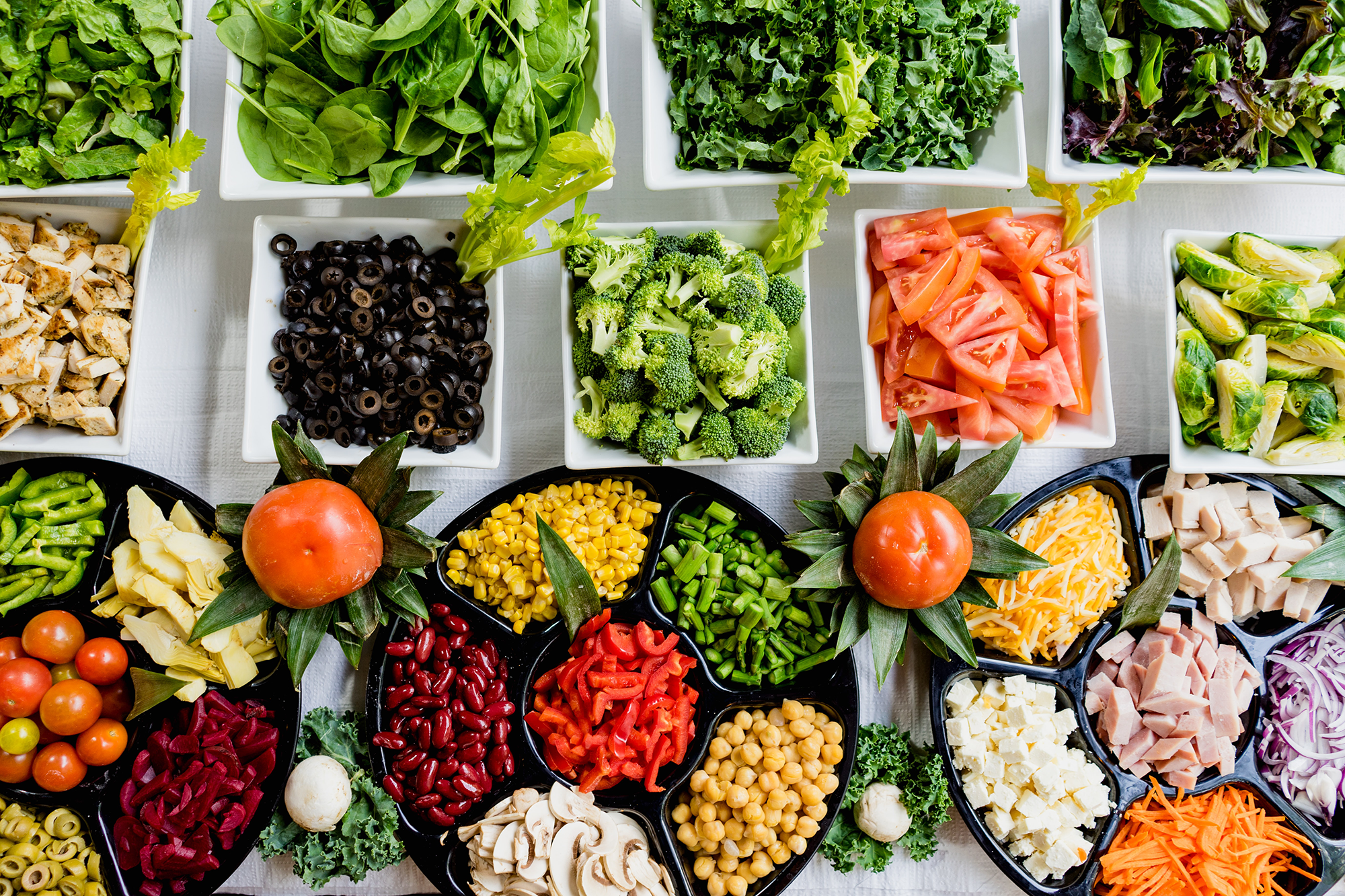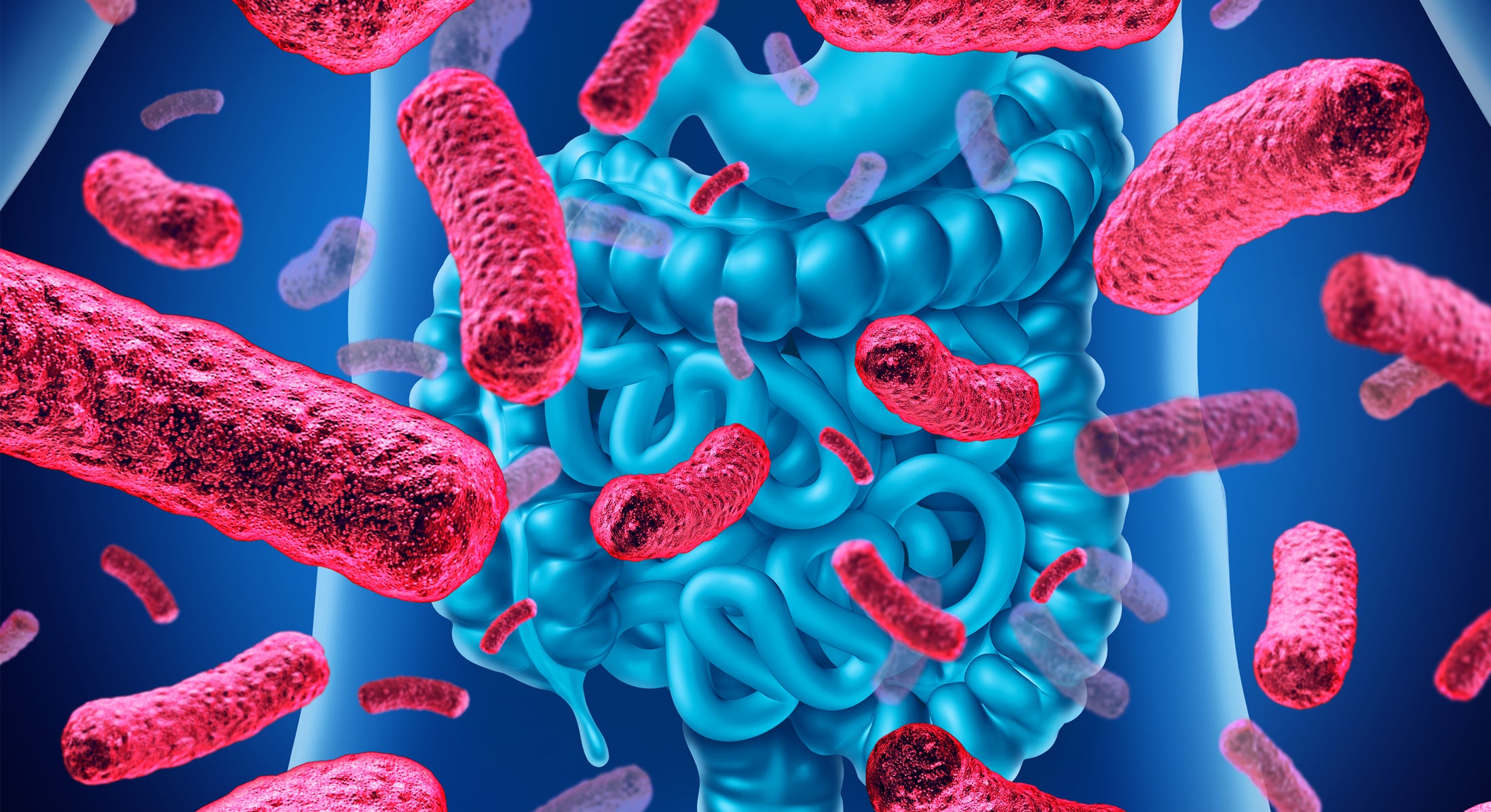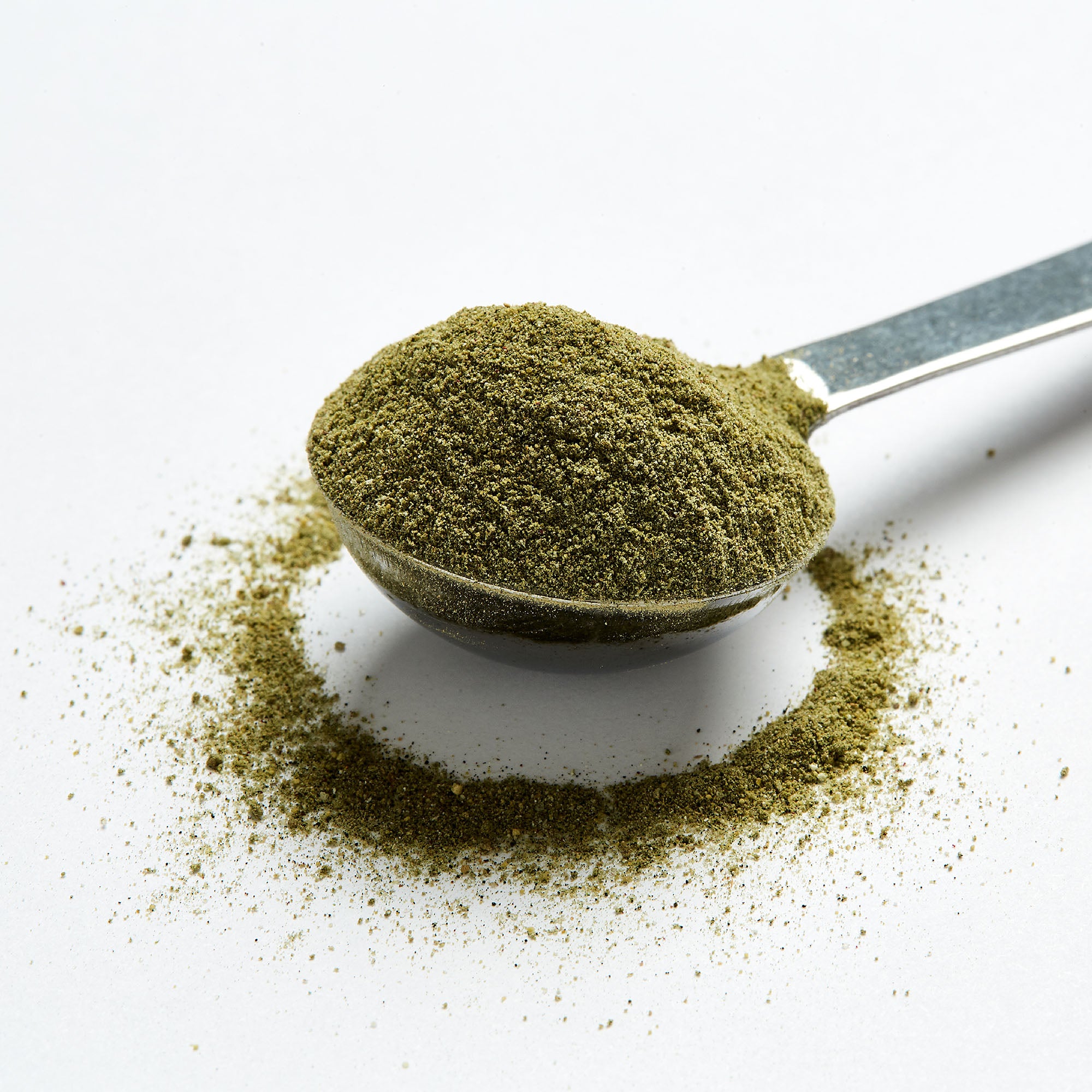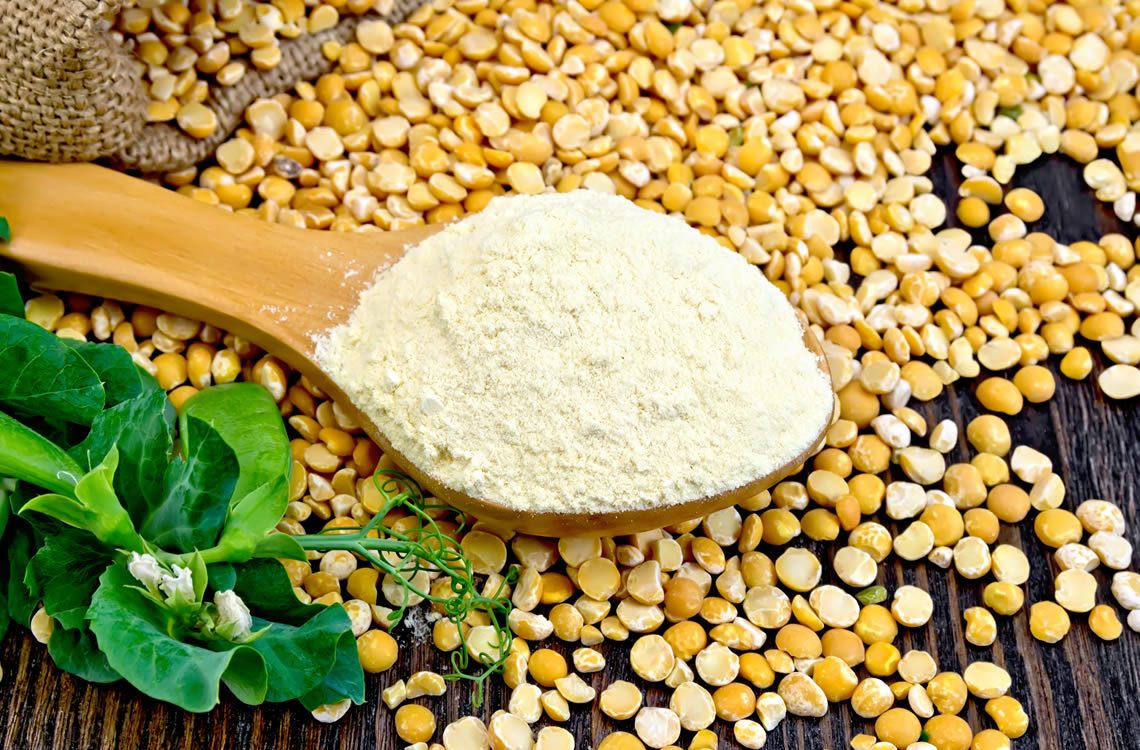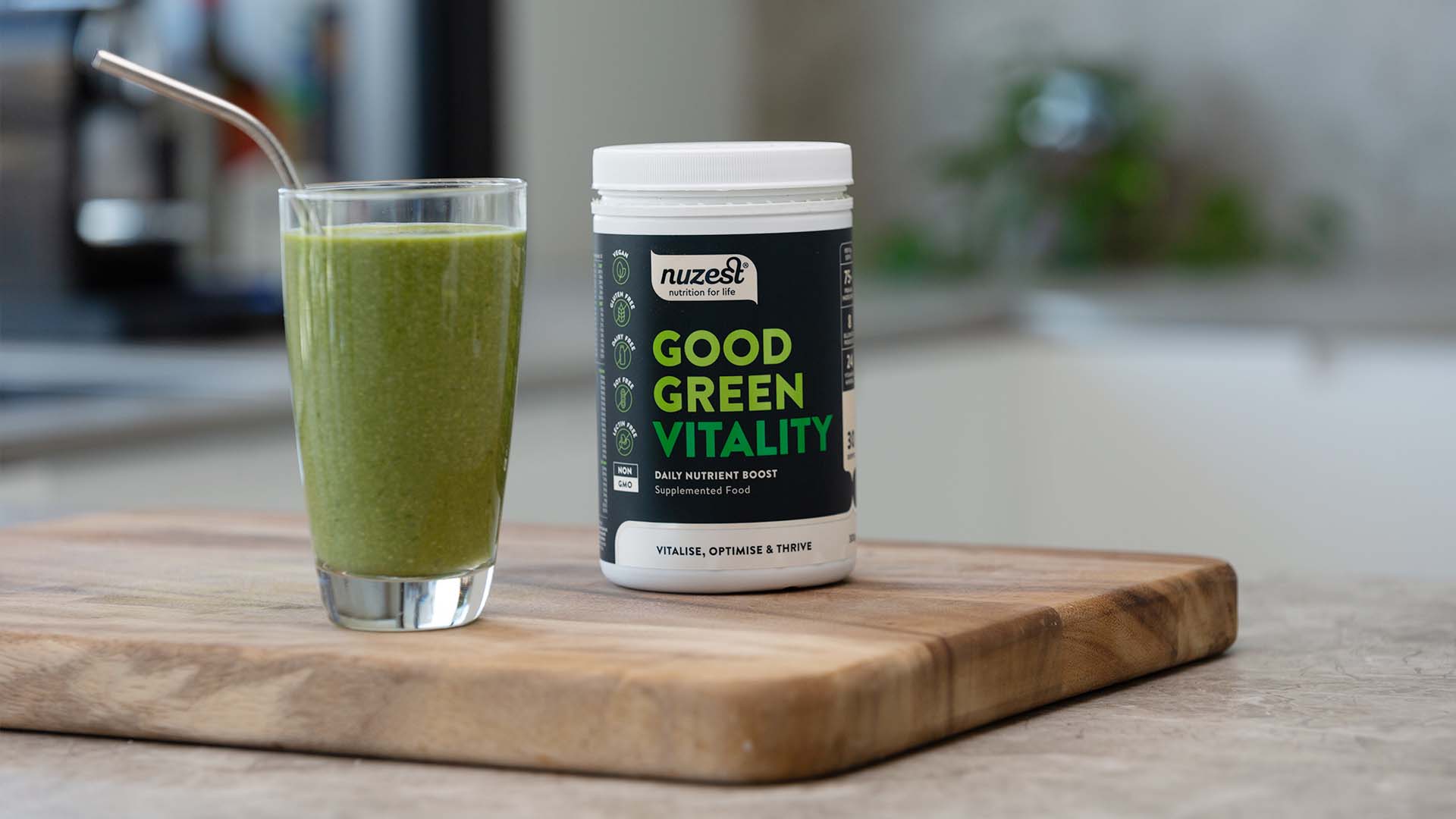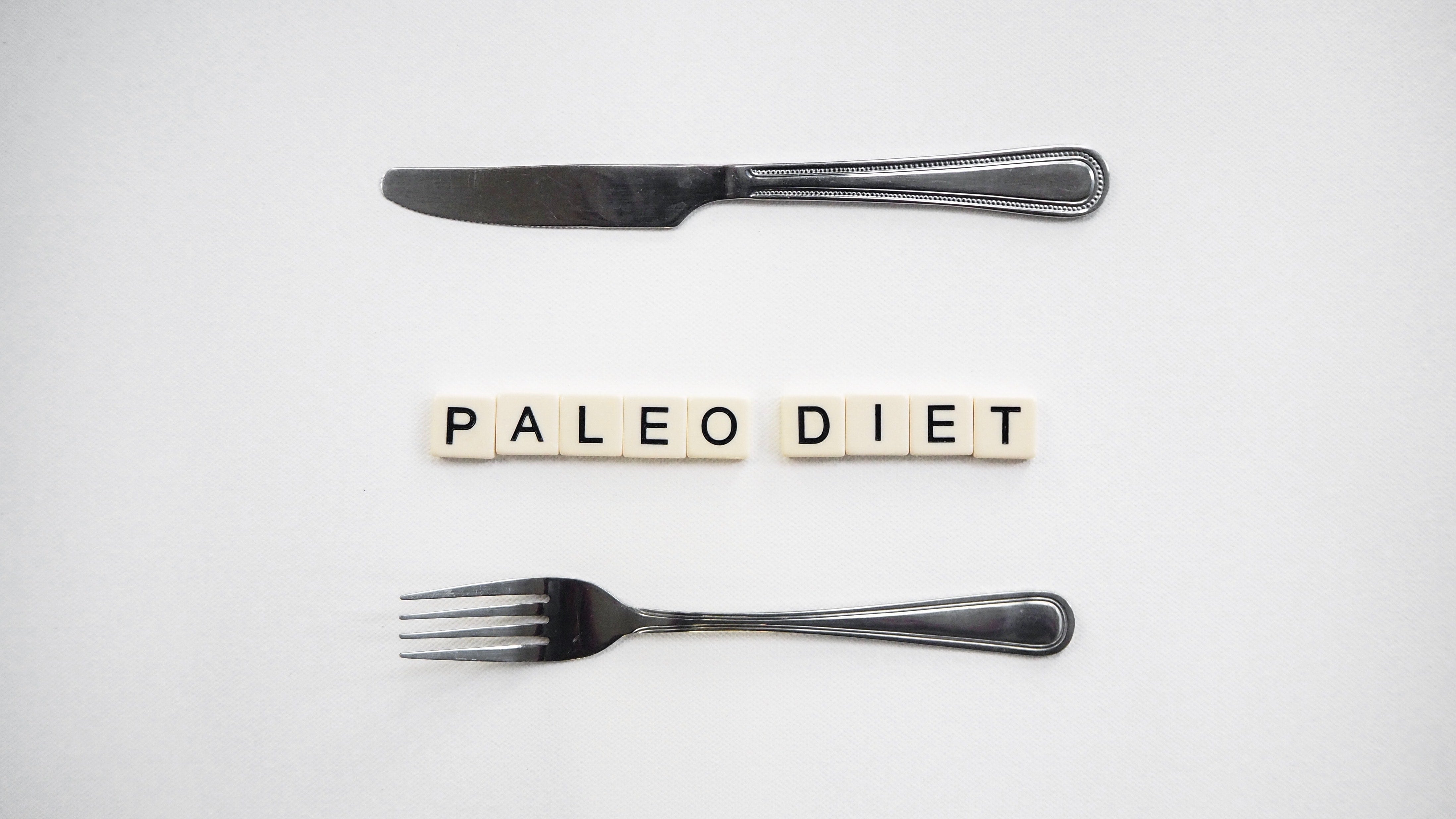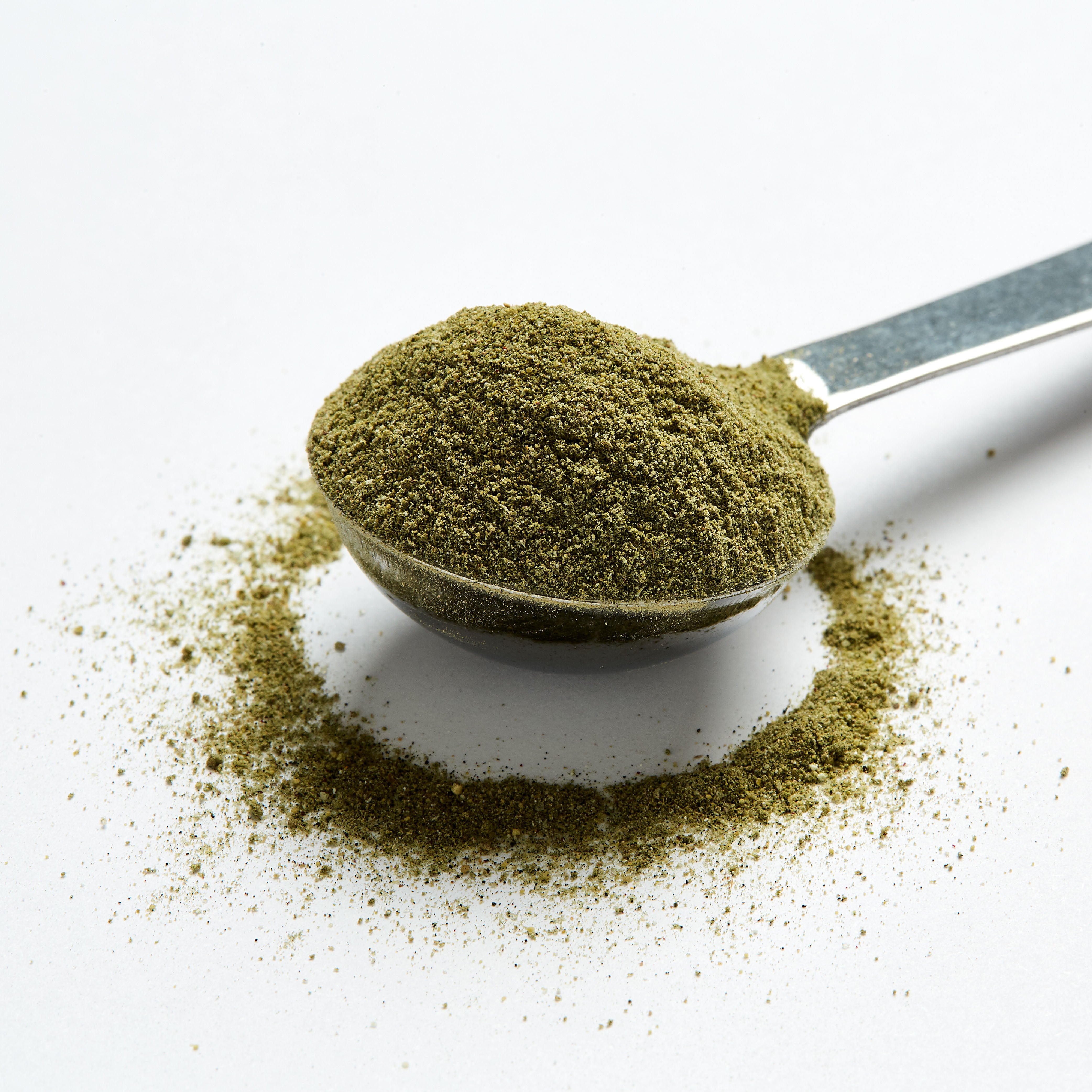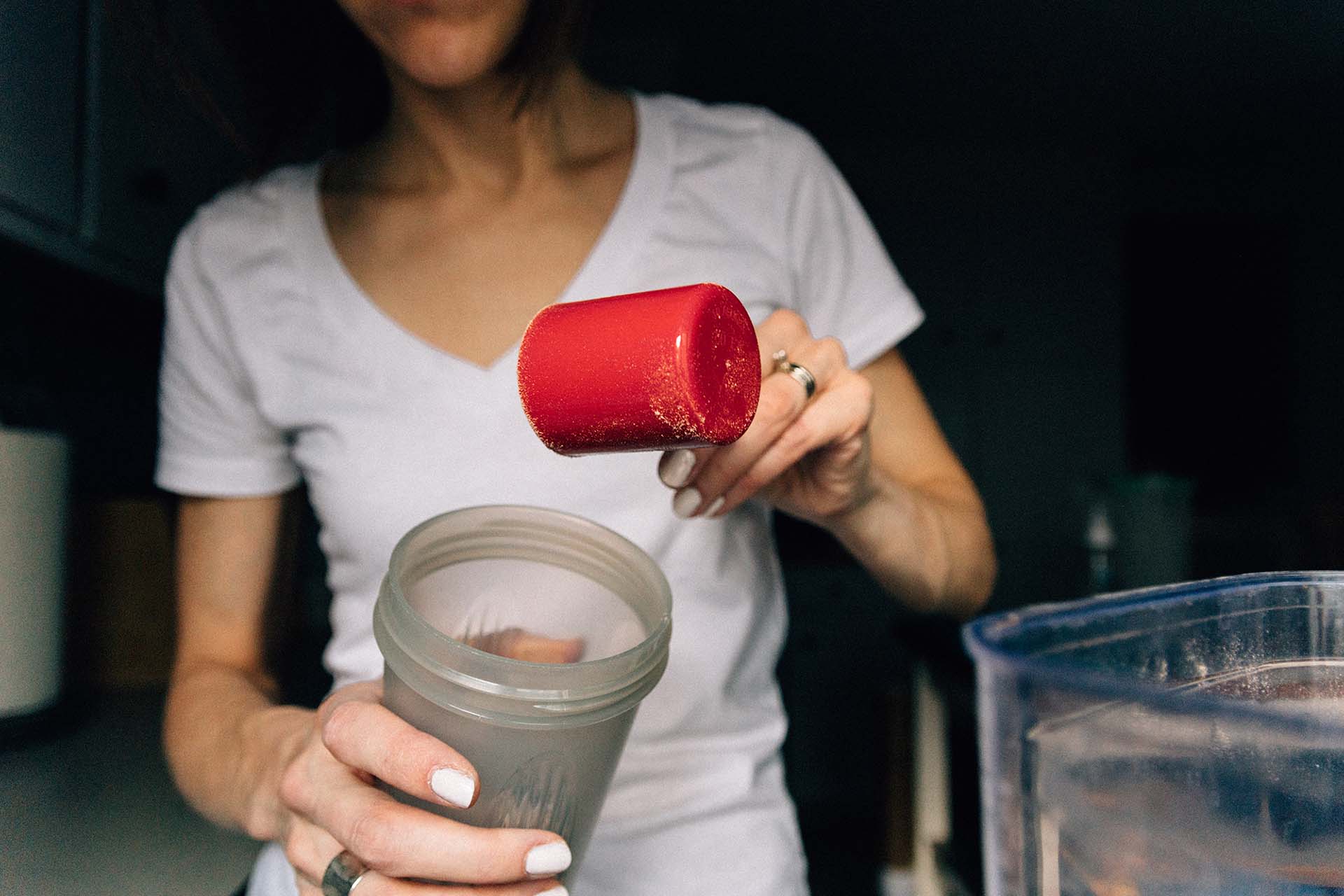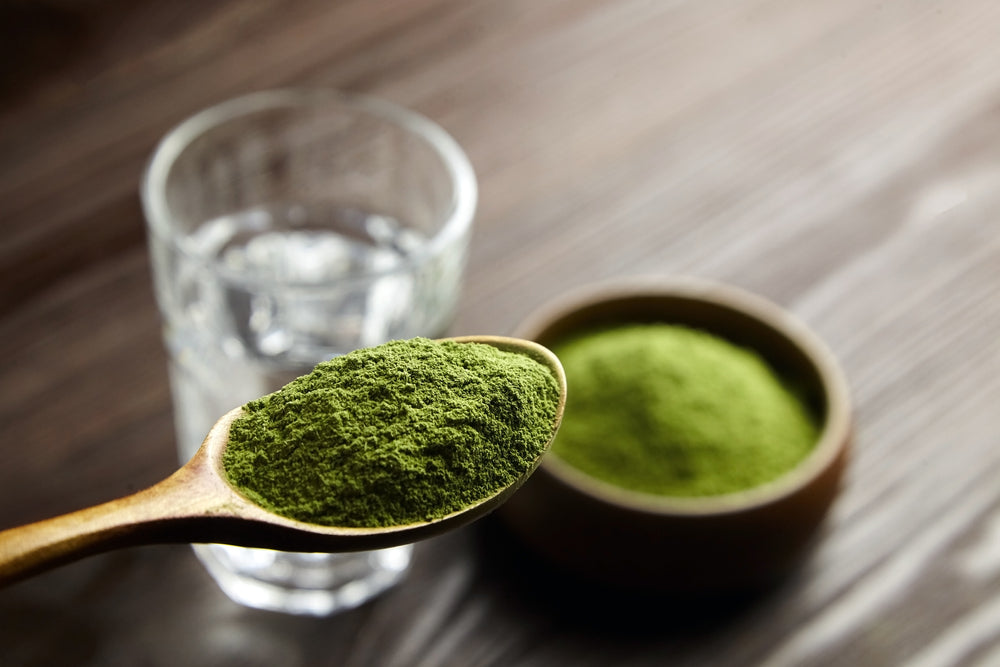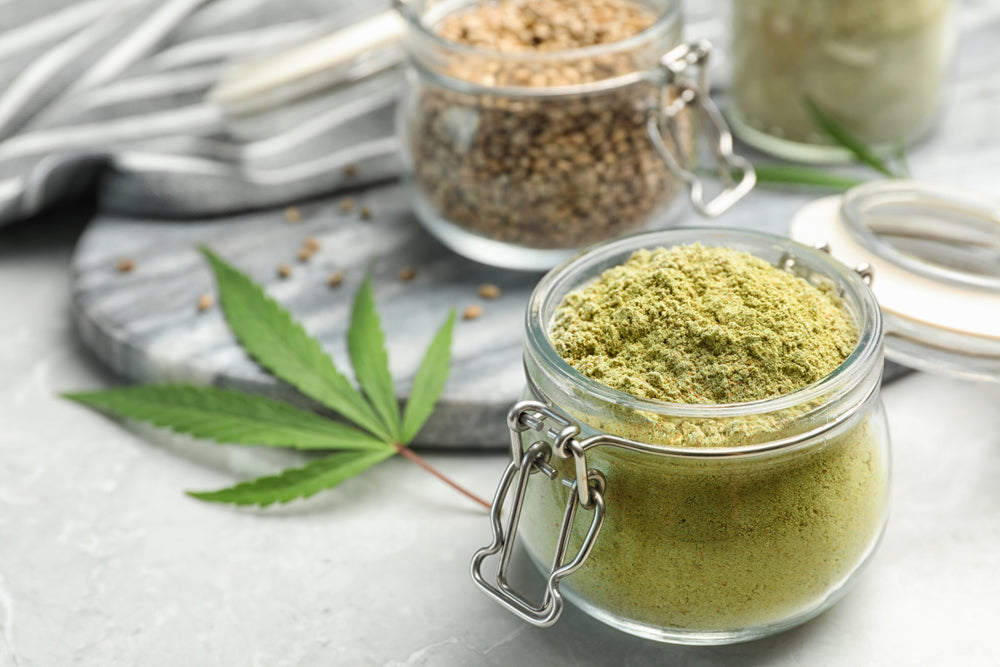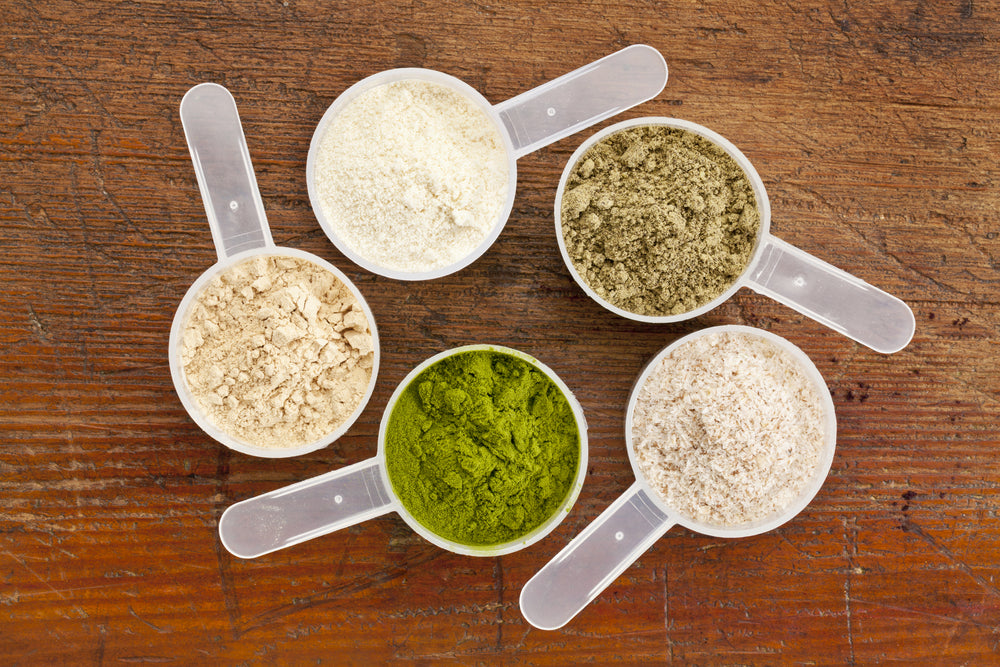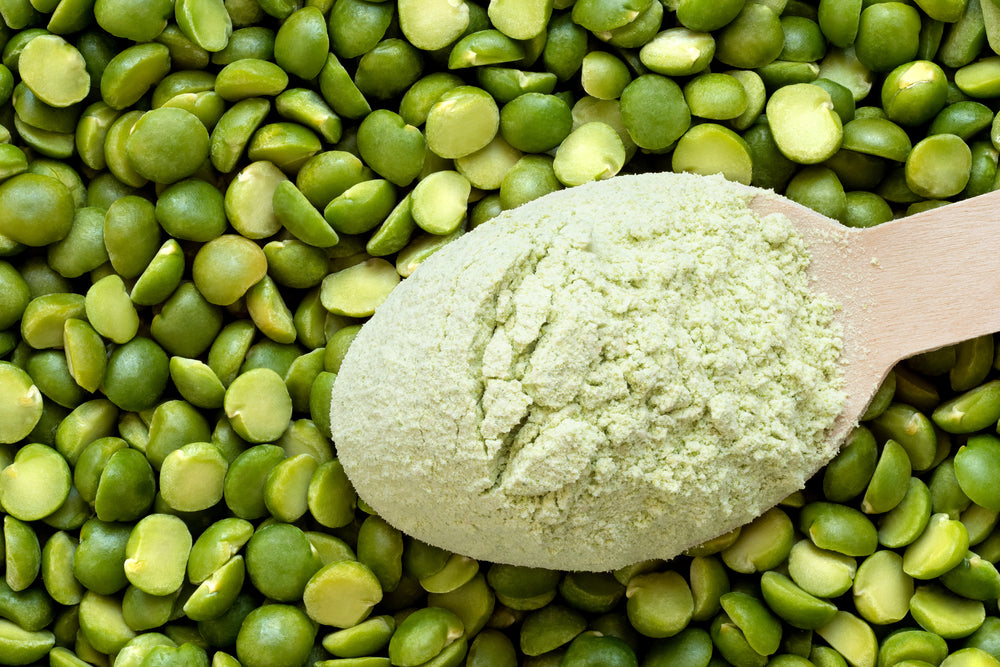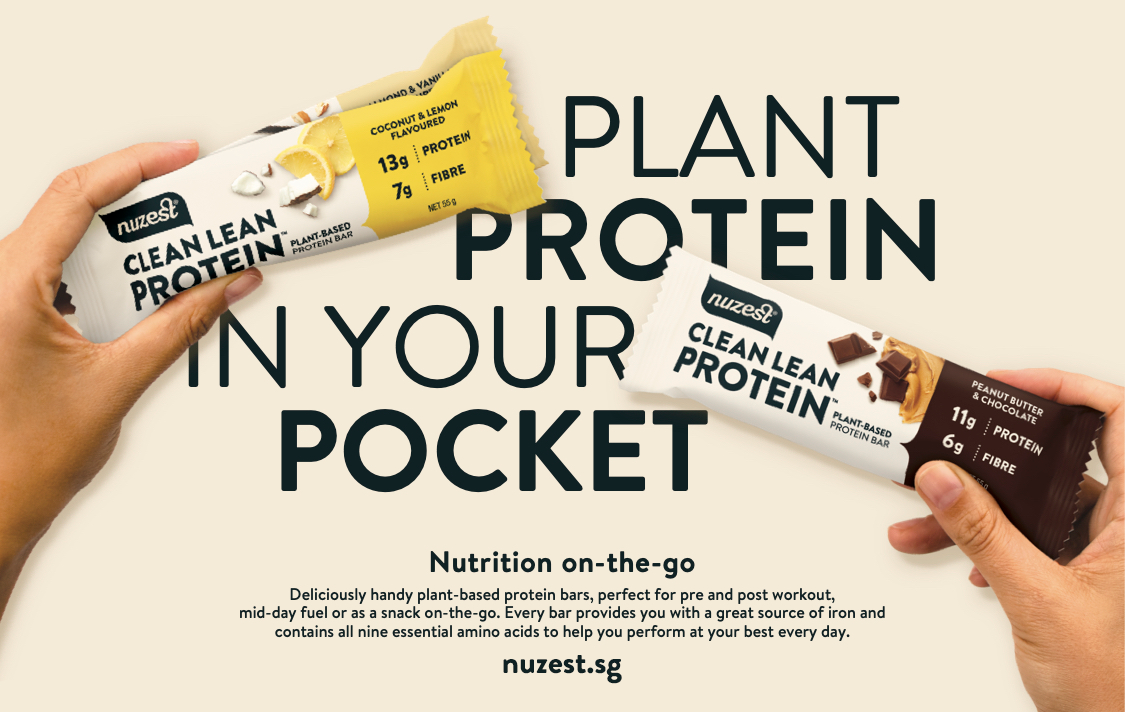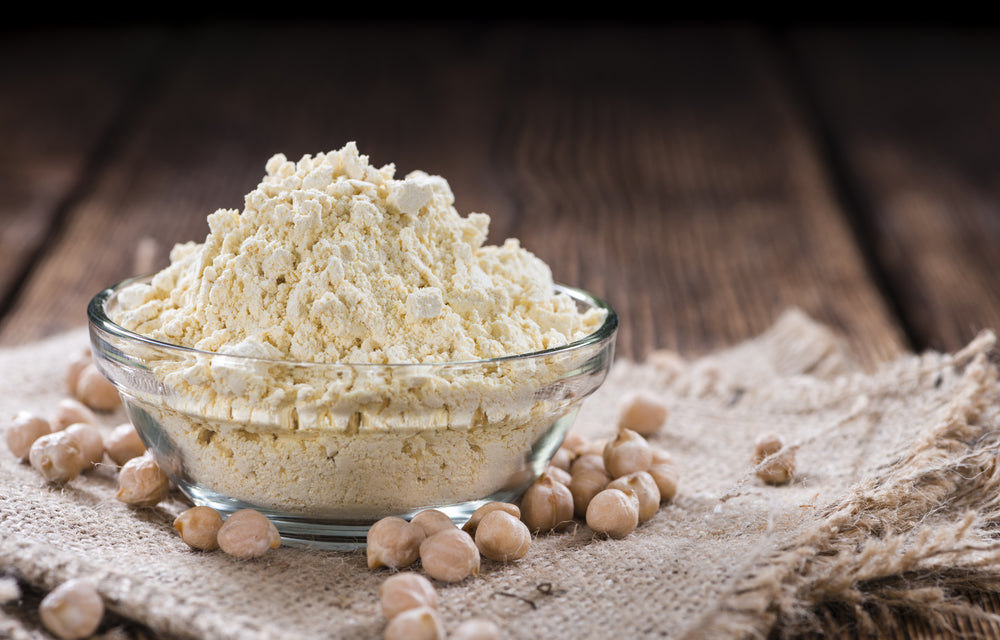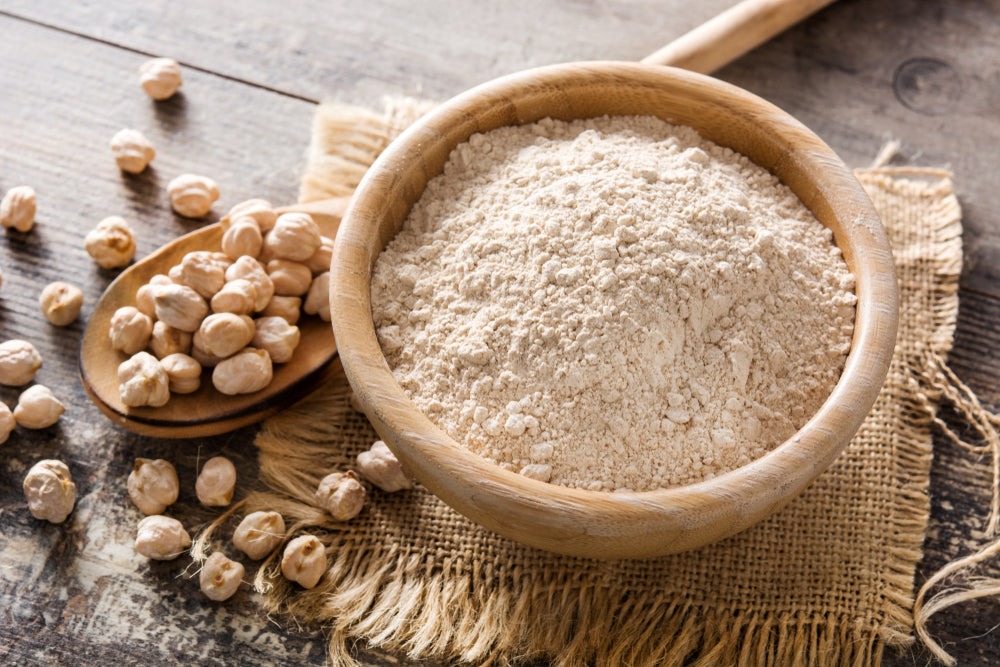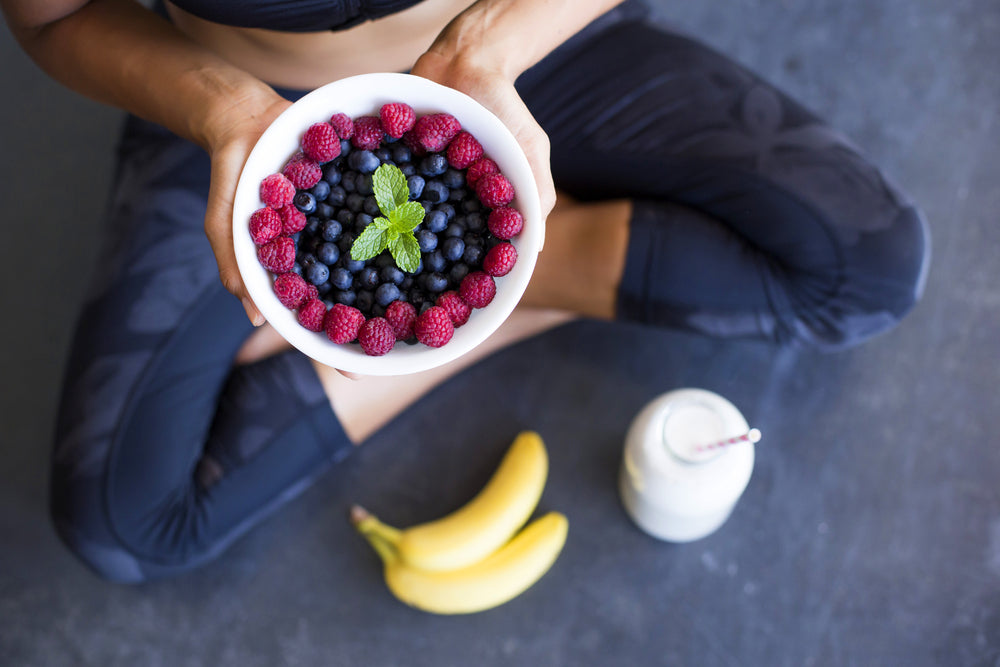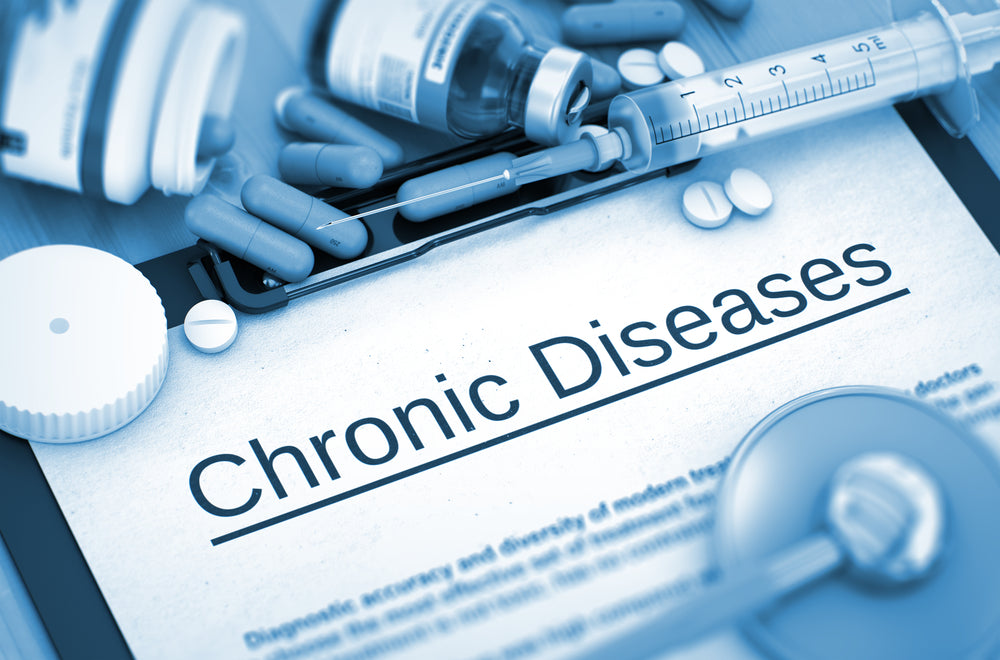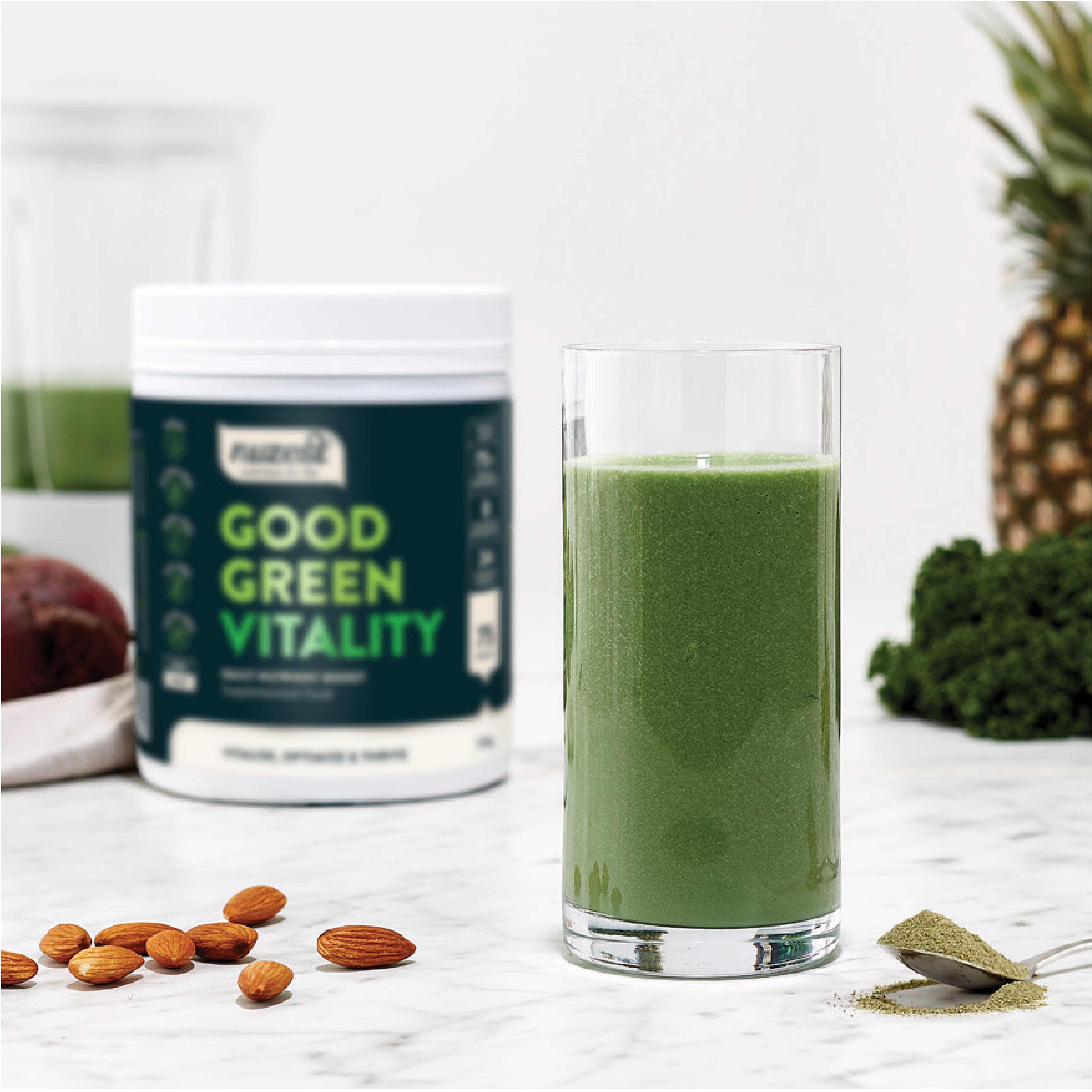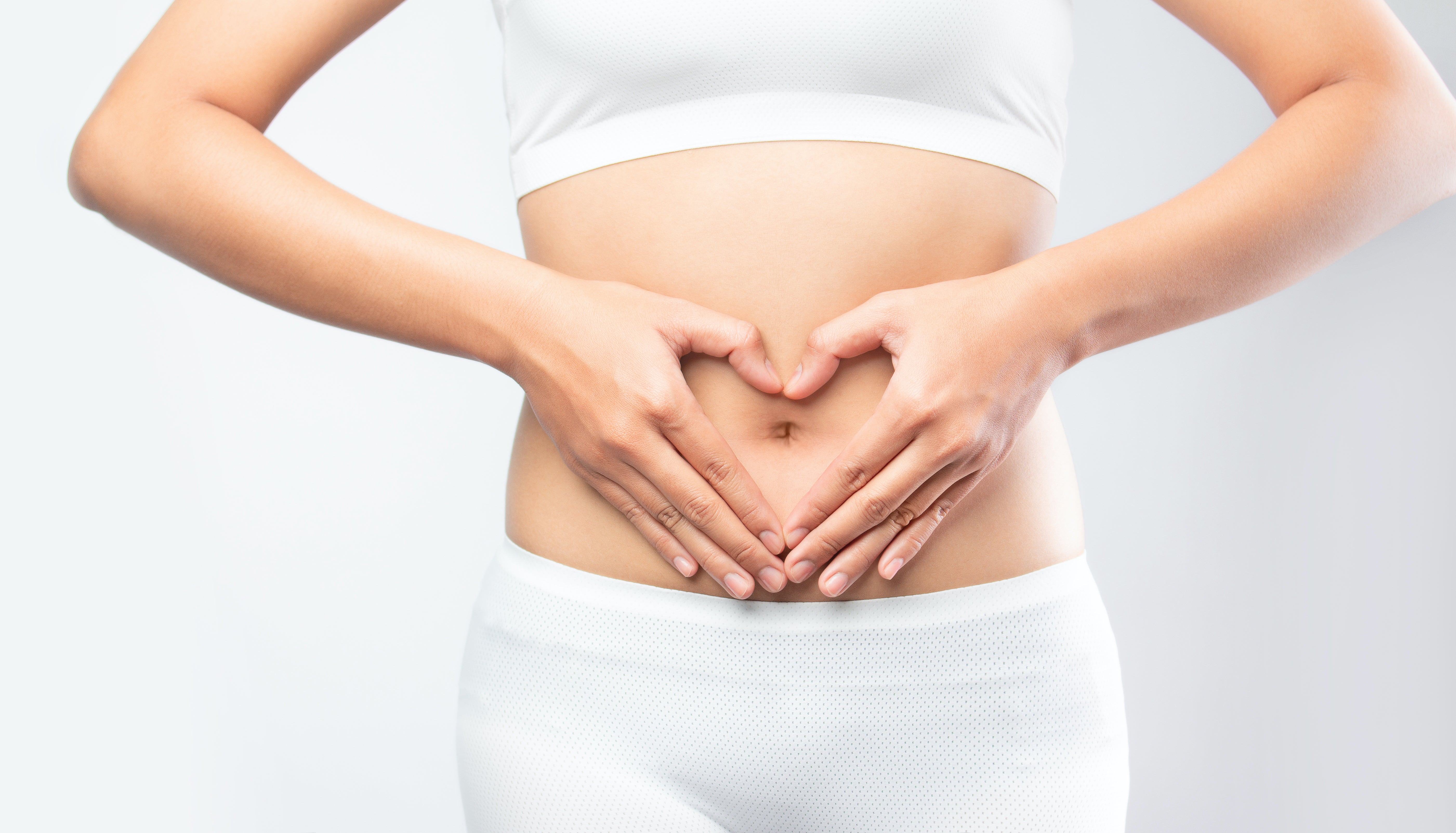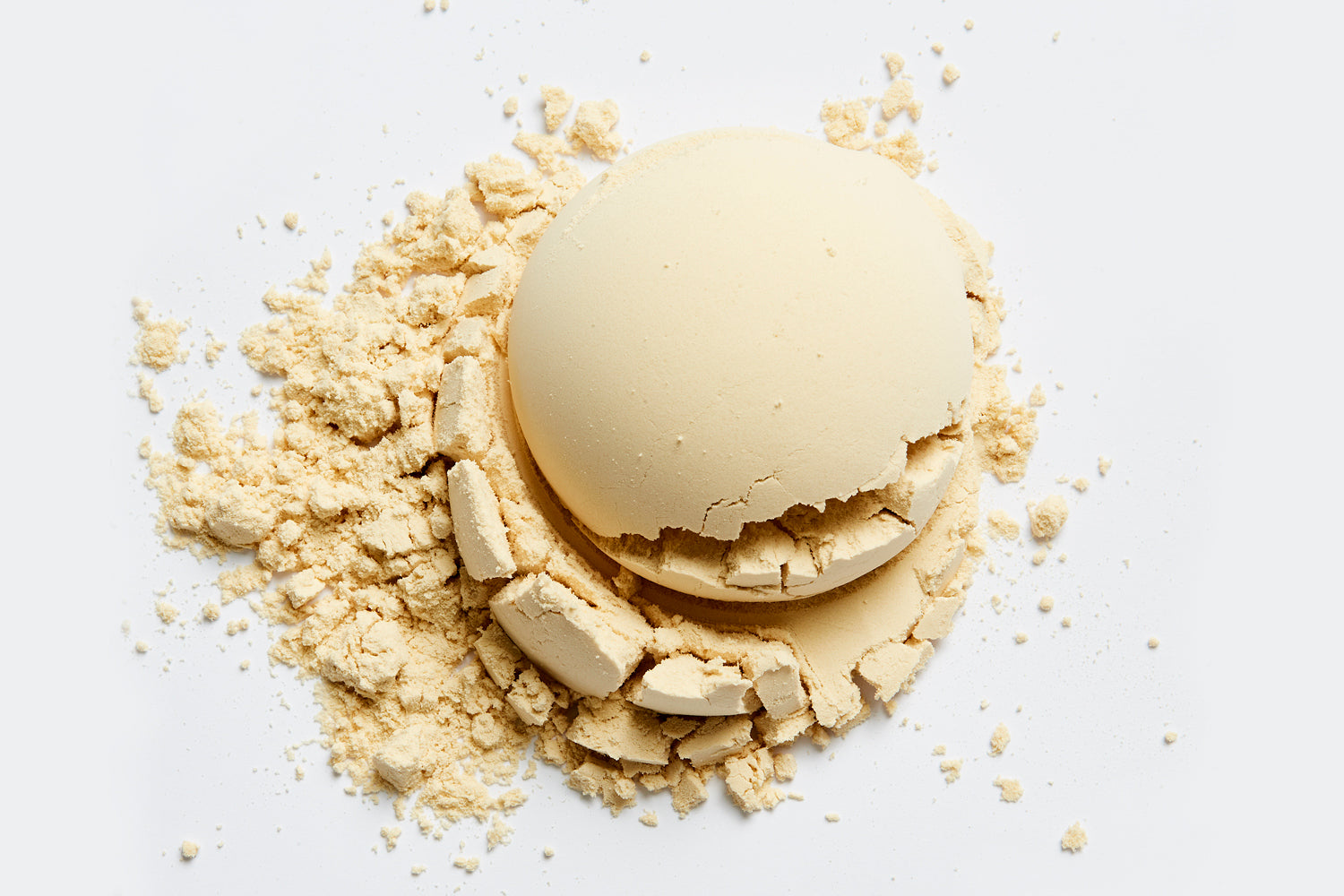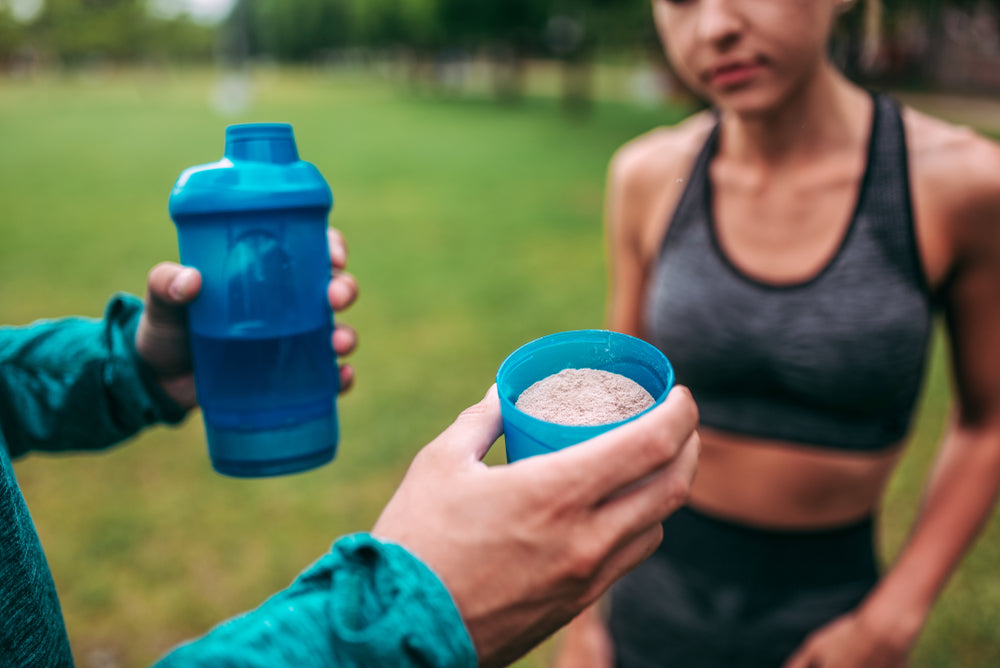AUTHOR: Amy Butler (Nutritionist)
Is there anything more precious than the smiles of our children? From that first gummy smile, it’s something all parents love to see. As parents, guardians and carers, we play an important role in keeping those smiles sparkling and healthy by teaching children healthy habits around their oral health.
The most recent survey into tooth decay in Australian children, from 2005, found that almost half (49%) of five to six-year-old’s had baby teeth which were decayed, missing or had fillings; a similar number (45%) of 12-year-old’s had adult teeth which were decayed, missing or had fillings.1 While we don’t know whether these numbers have changed in the years between the survey and now, it’s clear that tooth health is an important concern for Australian parents.
Why healthy teeth, mouth and gums are important
A less-than-sparkling smile isn’t the only consequence of poor oral health. Poor oral health is also connected to heart health, pregnancy outcomes and lung health.2 While some of these may not be a worry for your five-year-old, setting up good habits early in life can help to protect them in the future.
Why is tooth brushing important?
The first line of defence for clean and healthy teeth is regular tooth brushing. You’ll need to help your child brush their teeth until they’re about seven, and to continue supervising their tooth brushing even when they can do it independently.3 Remember “two for two” - brushing and flossing two times a day for two minutes - with a soft toothbrush and fluoride toothpaste will go a long way to protecting your children’s teeth!
When should kids start tooth brushing?
The Australian Dental Association also recommends beginning regular dental visits from the time your child gets their first tooth or at 12 months, whichever comes first.3
Tips for tooth brushing from real mums!
It’s not uncommon for children to put up a bit of a fuss while brushing their teeth! We spoke to a group of real mums and asked them for their top tips for encouraging teeth brushing.
Alyssa, 31: “I ask my son to brush his dolls teeth first before I brush his teeth so that he feels like he has an important job too!”
Kayla, 32: “I make sure to brush my teeth alongside my children, so that they see the correct technique and know its something we all do, even as grownups!”
Joanna, 28: “We have a special podcast for brushing teeth that I listen to with my daughters – they get so excited to listen every day that they remind ME it’s time to brush!”
Foods for healthy teeth, mouth and gums
Of course, when talking about healthy teeth we need to talk about diet. You may think that you need to cut certain foods out of your children’s diet to keep their teeth healthy, but all foods can be included with moderation and solid tooth-brushing habits. All vitamins and minerals play some role in keeping your children’s mouths healthy,4 however there are a few nutrients in particular that should be included in your children’s diets to help boost their dental health. They are included below:
Want a FREE Kids Good Stuff Sample - Click Here
Calcium
Calcium is probably the nutrient that most of us think of when we think of healthy teeth. Calcium is important not just for teeth, but for a strong jaw bone to anchor the teeth into.5 Dairy is a good food source of calcium, but if your family is dairy-free there are plenty of other ways to get this important nutrient – fortified milk alternatives, dark green veggies (especially kale and broccoli), soy and other beans and pulses, almonds, tahini and seeds like chia and flax.
Phosphorous
Phosphorous works with calcium in the body and both are needed in the right ratio for maximum efficiency, meaning phosphorous is also an important nutrient for teeth and bone health.5 Luckily, many of the foods which are good sources of calcium also contain good levels of phosphorous! Dairy is one good food source of calcium, however so too are seeds (sunflower and pumpkin are the highest in phosphorus), nuts like almond and brazil nuts, beans and fermented soy products like tempeh.
Looking for a delicious breakfast that is also teeth, mouth and gum healthy? Try these Berry-Banana Powerhouse Pancakes.
Vitamin C
While calcium and phosphorous are great for teeth and bones, vitamin C is needed to build collagen which helps to keep gums healthy.5,6 While you can take a collagen supplement (note that collagen is generally from animal sources so is unsuitable for vegetarian or vegan families), it’s usually unnecessary; as a diet that contains enough protein and vitamin C is enough to ensure adequate collagen is made in the body. Vitamin C is found in many fruits and vegetables and is particularly high in citrus fruits, kiwi, capsicum and berries.
We understand that it can be difficult to ensure that our kids are getting everything they need to thrive from diet alone. That is why we developed Kids Good Stuff – a daily multinutrient supplement designed to help fill key gaps in the diet of growing, active kids, so they can be at their best. With 206mg of calcium, 40mg of phosphorous and 100mg of vitamin C per serve (21%, 5% and 261% of the Recommended Daily Intake (RDI) respectively), Kids Good Stuff is suitable for supporting healthy teeth, mouth and gums in growing kids.
Want a FREE Kids Good Stuff Sample - Click Here
References
- Australian Institute of Health and Welfare. Dental decay among Australian children. Research report series no. 53. 2011. Canberra: AIHW
- Mayo Clinic. Oral health: A window to your overall health. Retrieved from https://www.mayoclinic.org/healthy-lifestyle/adult-health/in-depth/dental/art-20047475
- Australian Dental Association. Kids. Retrieved from https://www.ada.org.au/Your-Dental-Health/Children-0-11/Kids
- Najeeb S, Zafar MS, Khurshid Z, et al. The role of nutrition in periodontal health: An update. Nutrients 2016;8(9):530.
- Abou Neel EA, Ajabo A, Strange A, et al. Demineralization-remineralization dynamics in teeth and bone. Int J Nanomedicine 2016;11:4743-4763.
- Pussinen PJ, Laatikainen T, Alfthan G, et al. Periodontitis is associated with a low concentration of vitamin C in plasma. Clin Diagn Lab Immunol 2003; 10(5):897-902.
Disclaimer: The information provided on Nuzest is for educational and informational purposes only. The information provided on this site is not, nor is it intended to be, a substitute for professional advice or care. Please speak to your qualified healthcare professional in the event that something you have read here raises questions or concerns regarding your health.


